SDG-Oriented Research and Education in Transdisciplinary Hubs
The new millennium is the first “urban millennium”: more people live in cities and towns than in the countryside, and urban settings are now the core sites of economic growth and social interactions. At the same time, too many urban dwellers lack access to public green spaces, public transportation, education, or health care. These are some of the fundamental changes addressed by Sustainable Development Goal (SDG) 11 of the United Nations’ Agenda 2030 (U.N., Transforming Our World, 2015). And these are changes that need to be studied by students and researchers alike.
How Can Universities Contribute to SDG 11. Sustainable Cities and Communities?
The SDG 11 calls on academic research and education to help “make cities and human settlements inclusive, safe, resilient, and sustainable.” It lists cultural production, education, sports, and mental and physical health among the factors that improve the livability of cities. Aurora scholars, students, and professionals in the fields of literature, culture, society, and medicine ask: what does it take to intervene in urban change, especially if this intervention comes at the very point at which a concrete city becomes a better or a worse place for its human and non-human inhabitants?
There is a new sense that literature and the arts might play a bigger role than previously understood. Novels, poems, pamphlets, films, artwork, music: they all have a special license to connect the past to the present and to the future in fresh and sometimes startling ways. These cultural products explore the uses and consequences of history, they envision a different, formerly untold past, and they imagine a radically new future. And they might be able to change urban planning processes. As Simone d’Antonio, a member of the EU-funded project URBACT suggests, “[s]torytelling is a key tool for improving any urban planning process, both for engaging residents in different dimensions of the spatial regeneration as for helping professionals in better understanding users’ needs”. But how and in what ways has storytelling become crucial to these concise historical, social, and economic interventions? And how can the Aurora European university alliance leverage the power of storytelling to work towards healthy cities?
At the invitation of Barbara Buchenau from University of Duisburg-Essen (UDE), lead of Aurora 2030 Work Package 2 and director of the City Scripts graduate research group funded by the Volkswagen Foundation, the two-day Scripting Futures for Urban Sustainability symposium pursued two interconnected goals:
- First, concerning the proclaimed power of storytelling, key findings were presented from the city scripts research concerning the urban impact of a limited set of stories told about postindustrial cities in the United States and Germany. In examining “legacy cities” (Mallach/Brachman, 2013) like those affected by extractive economies of coal and steel, it was found that the narratives surrounding these places have significant implications for the kinds of futures that become possible. Visions of decline and stories of resilience often equally determine how communities engage with the urban transformations to be mastered. These examples illustrate storytelling’s contradictory roles in all attempts to ‘flip the script’ of any given neighborhood.
- Second, the symposium drew on the expertise of Aurora researchers, students and stakeholders as well as international contributors to explore the potential of concrete changes in urban health management, in urban sports, and planning practice to actually “script” the direction of future social transformations (see Sulimma / Buchenau / Gurr 2023). Together, the task was set to find answers to the following question: What are the chances and the stakes of telling convincing stories about health, sports, and urban planning that allow a fair and equitable contribution to real urban change?
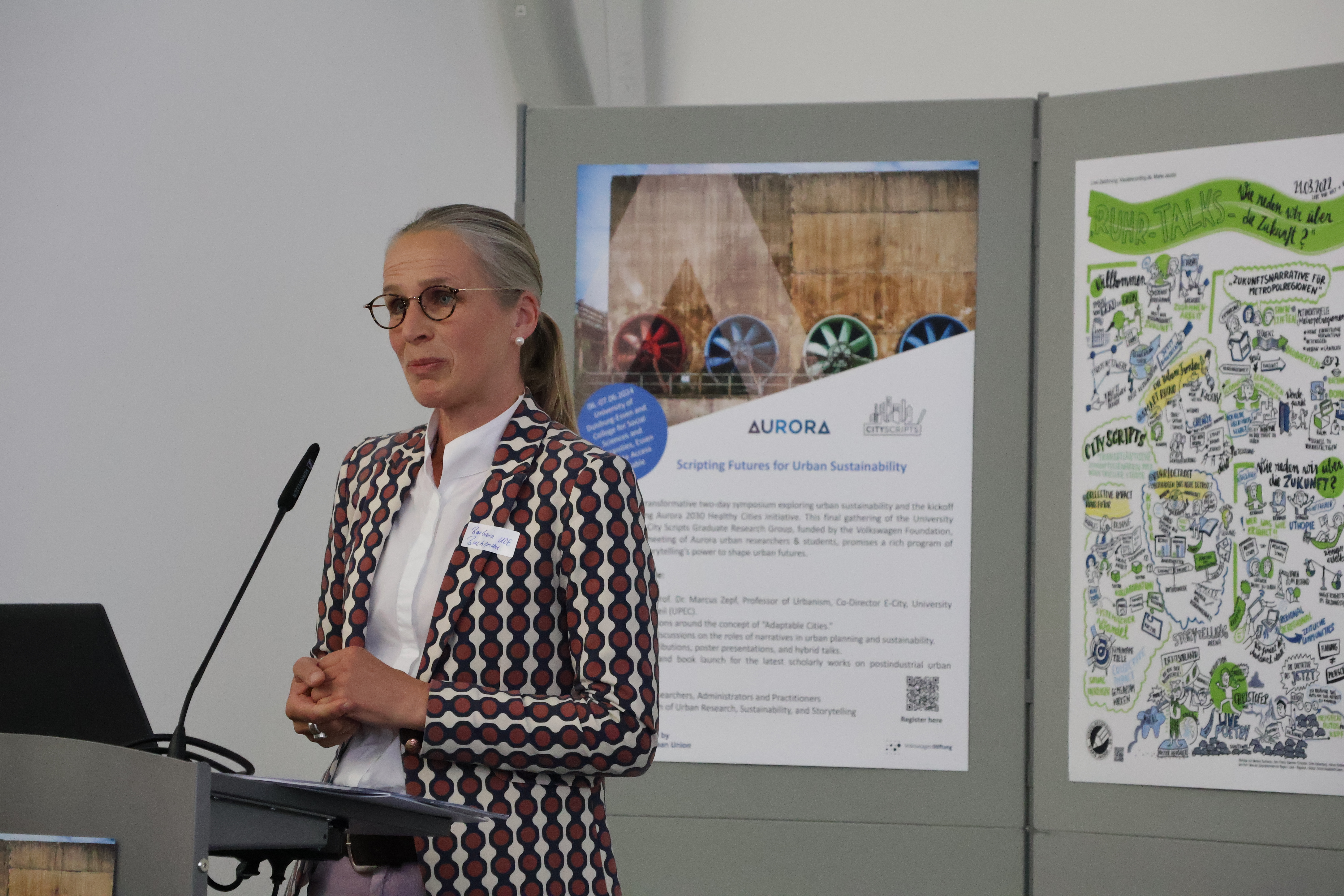 Welcome Address by Barbara Buchenau
Welcome Address by Barbara Buchenau
Symposium on Scripting Futures for Urban Sustainability
The symposium “Scripting Futures for Urban Sustainability” took place on June 6-7, 2024, at the University of Duisburg-Essen and the College for Social Sciences and Humanities, Essen. This event, generously funded by the Volkswagen Foundation and UDE’s Förderverein, concluded the work of the City Scripts Graduate Research Group (2018-2024) and it launched the Healthy Cities Initiative of the Aurora Transdisciplinary Educational Hubs Culture: Identities and Diversities, and Health & Well-Being.
The symposium brought together 88 participants, including researchers, students, and professionals from the humanities, social sciences, and medical fields, to explore the crucial, yet complex role of storytelling in urban planning and sustainability. The event featured a public lecture by Aurora Fellow for Health and Well-being Marcus Zepf from Université Paris-Est Créteil (UPEC) on “Adaptable and Healthy Cities: Permanent Autopoietic Process,” presentations by researchers from Università Federico II of Naples, Palacký University Olomouc and UDE, a critical intervention by Deputy Mayor of Essen Simone Raskob, and a comparative perspective provided by two members of UNIC, a European university alliance focusing on industrial cities. Additionally, talks by 19 international researchers, a visit by a student delegation from Johns Hopkins University led by the historian Victoria Harms, a book launch, and networking opportunities offered much food for thought.
Students played an active role throughout both days as presenters, interviewers, and critical voices who offered fresh perspectives on the core research question. They directed a poster presentation that showcased their own research in the field, they conducted interviews with participants, and they contributed to discussions with a critical eye, challenging assumptions and proposing new approaches to sustainable urban development.
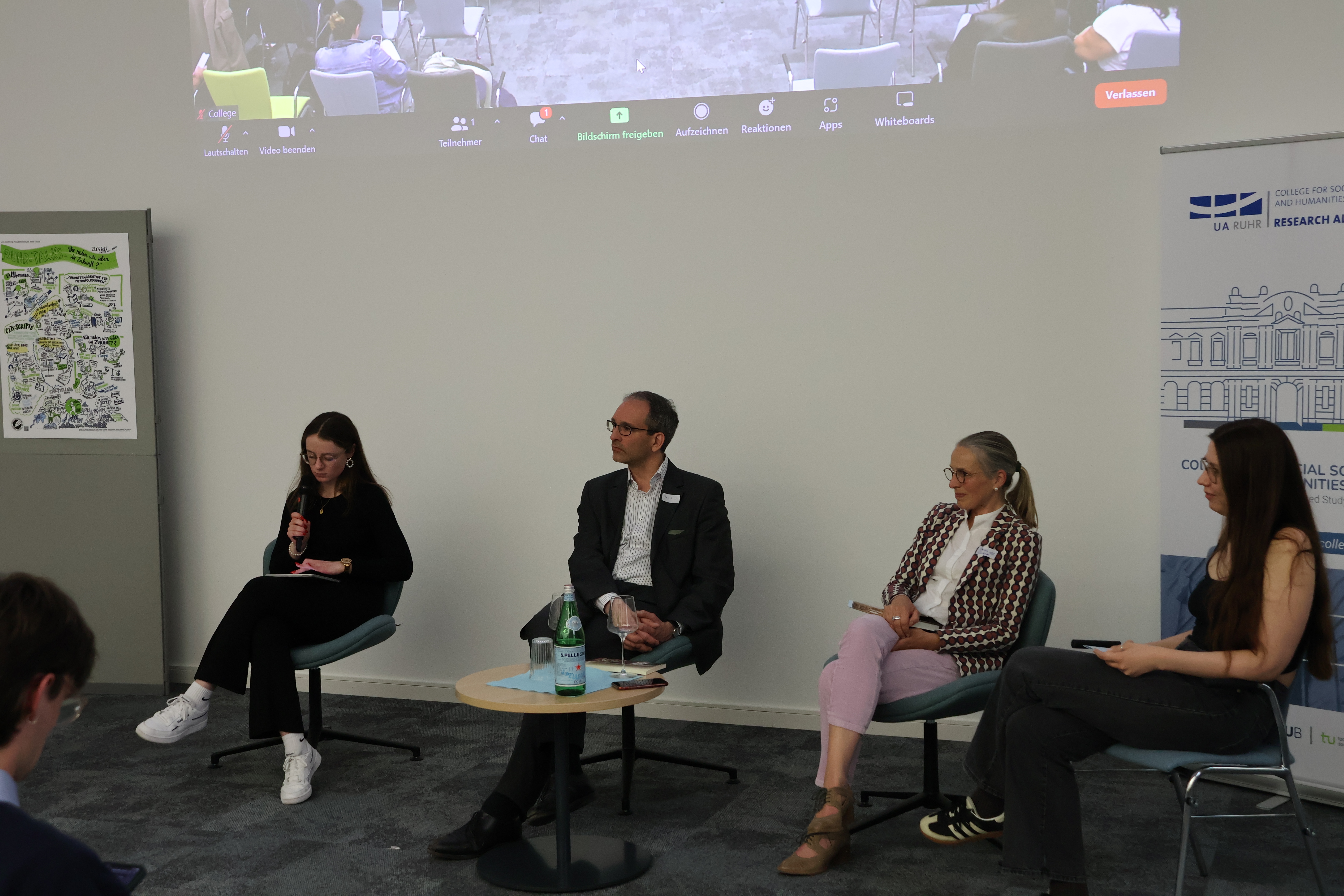 Students as Critics of Academic Writers. Left to Right: Pia Schümmelfelder (MA student UDE), Jens Gurr (editor of City Scripts, 2023, UDE), Barbara Buchenau (editor of City Scripts, 2023, UDE), and Dana Sitnikov (MA student UDE)
Students as Critics of Academic Writers. Left to Right: Pia Schümmelfelder (MA student UDE), Jens Gurr (editor of City Scripts, 2023, UDE), Barbara Buchenau (editor of City Scripts, 2023, UDE), and Dana Sitnikov (MA student UDE)
Learning and Research for Healthy Cities
After the event, Mona Gutmann and Jacqueline Ruffen, M.A. students of American Studies at the University of Duisburg-Essen, presented an insightful report on the two-day event. They emphasized key themes and discussion points, focusing especially on the transatlantic comparison between the U.S. Rust Belt and Germany’s Ruhr region. Gutmann and Ruffen examined how both areas coped with deindustrialization and urban transformation. They used their own learning experience to explain the role of storytelling in urban planning, providing a poem by Mona Gutmann to show exemplarily how literature, street art, and architecture can help to bring about more sustainable and inclusive futures.
Additionally, they stressed the symposium’s alignment with UN SDG 11, showing where concrete paths towards inclusive and sustainable urbanization had been mapped out. Gutmann and Ruffen were particularly impressed by discussions on urban health management, gender sensitivity in medical care, and the role of visual and narrative arts in urban interventions. Their report emphasizes the importance of community involvement in urban planning, asking especially for processes that respect and integrate local histories and identities in redevelopment and revitalization projects.
To continue the work begun during the symposium, there will be a student-driven Aurora research workshop titled “Scripting Urban Resilience” hosted by Florian Freitag, Barbara Buchenau, and Zohra Hassan-Pieper in Essen at the College for Social Sciences and Humanities on 15 October 2024. Additionally, Barbara Buchenau (UDE) and Marcus Zepf (UPEC) will conduct an Aurora summer school 2025 called “Scripting Healthy Cities” to further explore sustainable and adaptable urban environments.
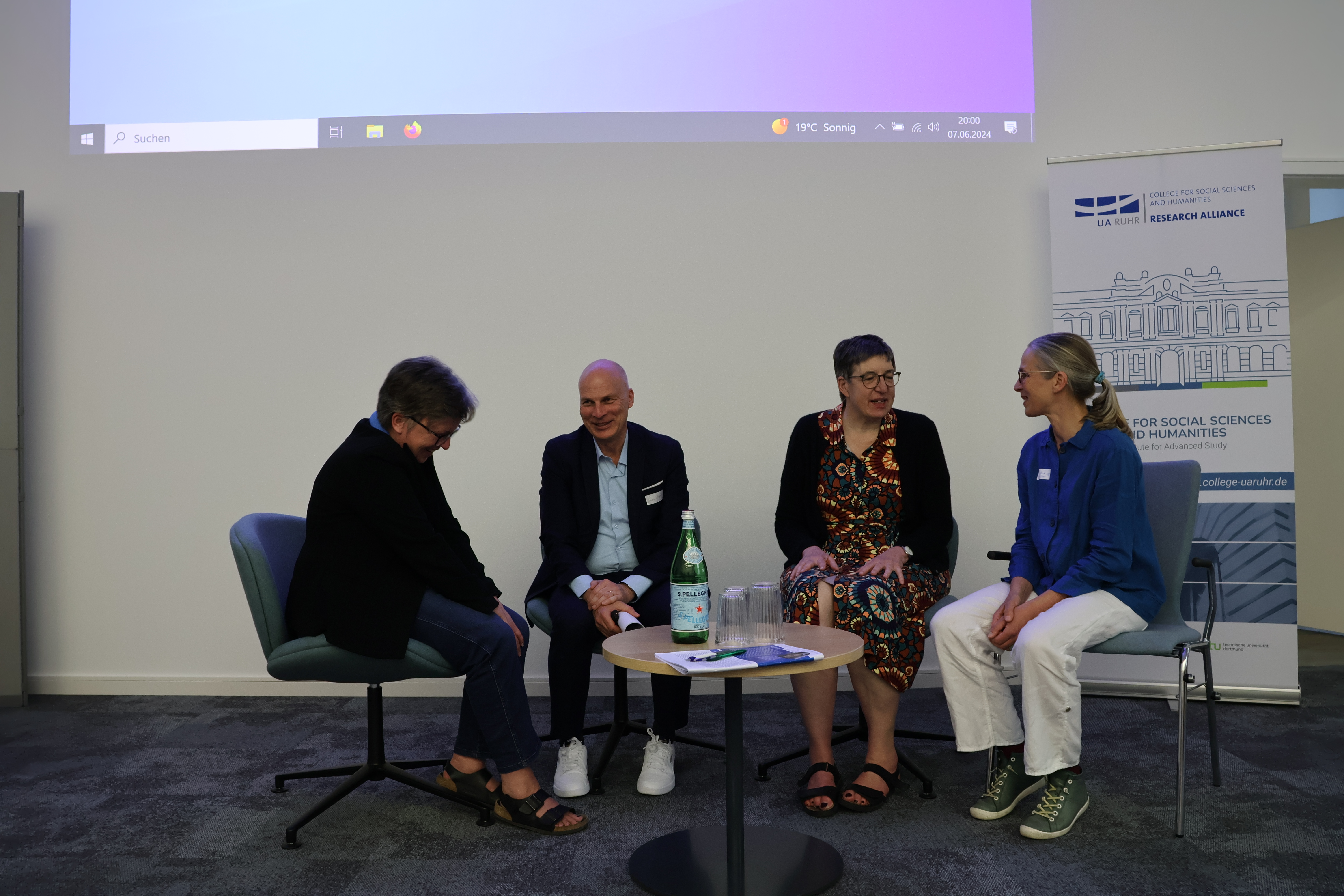 Brainstorming for Future European Transdisciplinary Research and Education. Left to Right, Anke Hinney (University Hospital Essen), Marcus Zepf (École d’Urbanisme de Paris, UPEC), Petra Günther (International Office, UDE) and Barbara Buchenau (Faculty of the Humanities, UDE)
Brainstorming for Future European Transdisciplinary Research and Education. Left to Right, Anke Hinney (University Hospital Essen), Marcus Zepf (École d’Urbanisme de Paris, UPEC), Petra Günther (International Office, UDE) and Barbara Buchenau (Faculty of the Humanities, UDE)
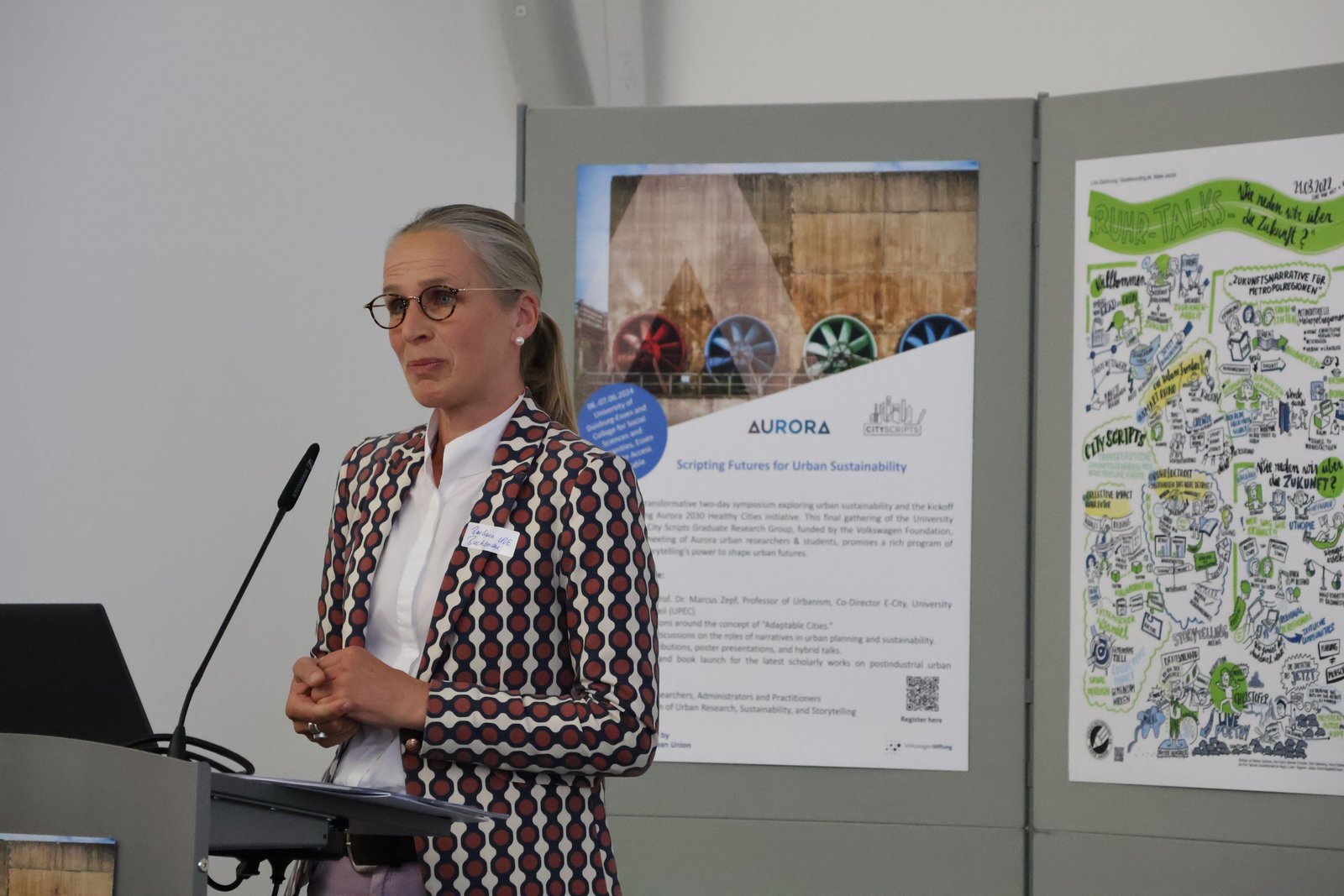
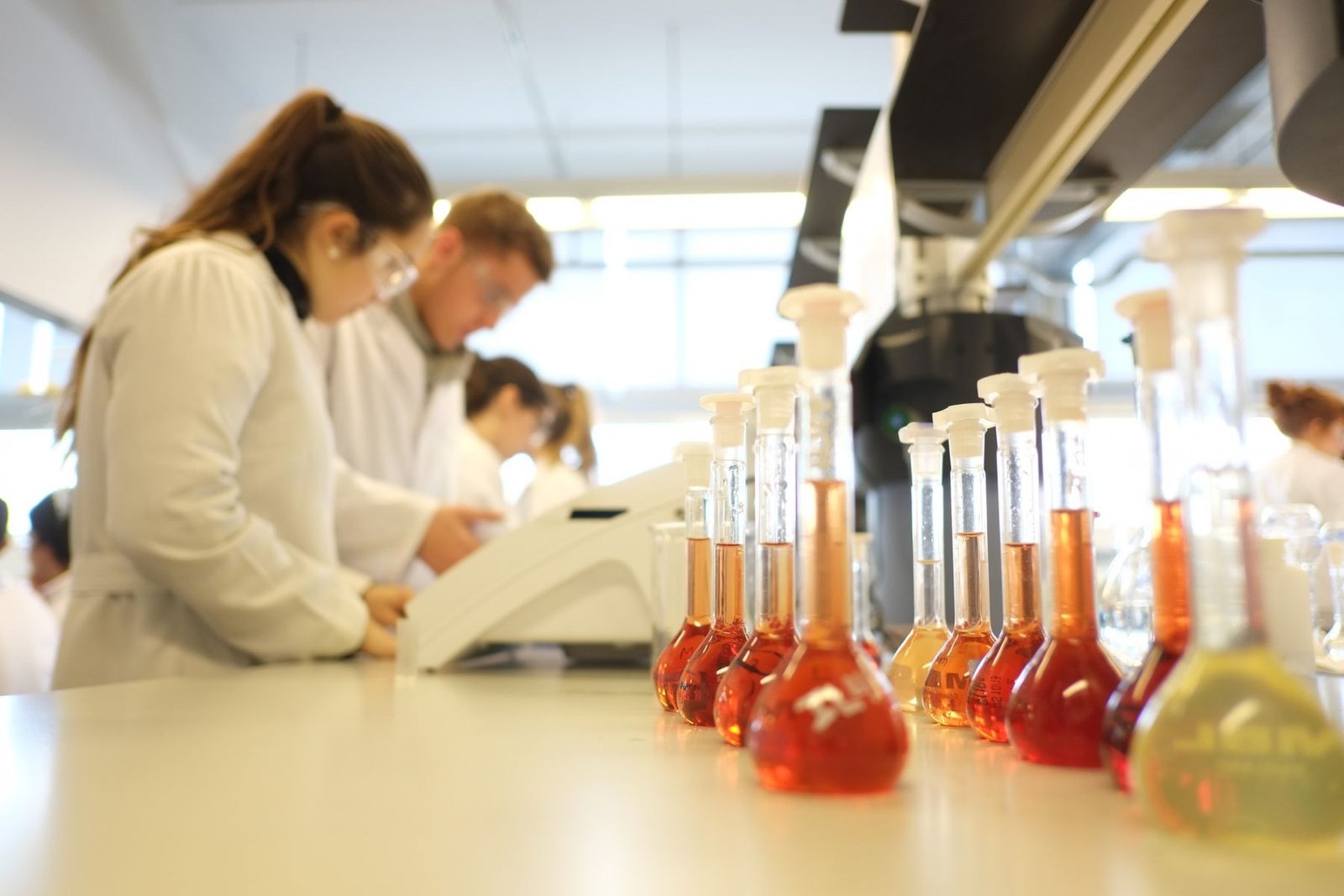

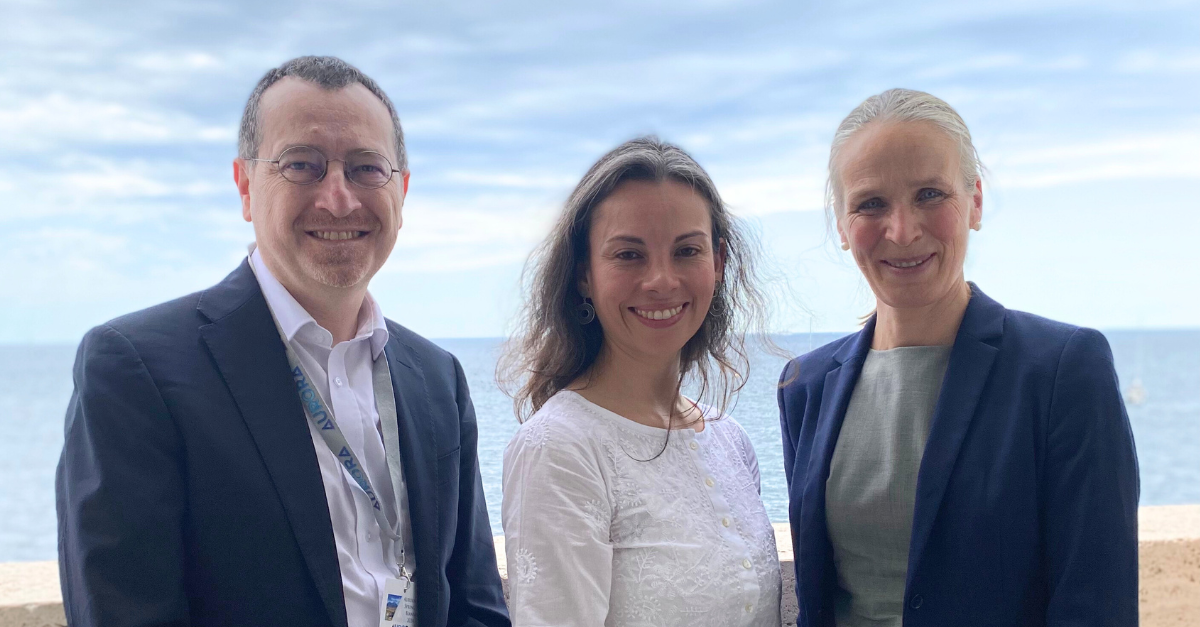



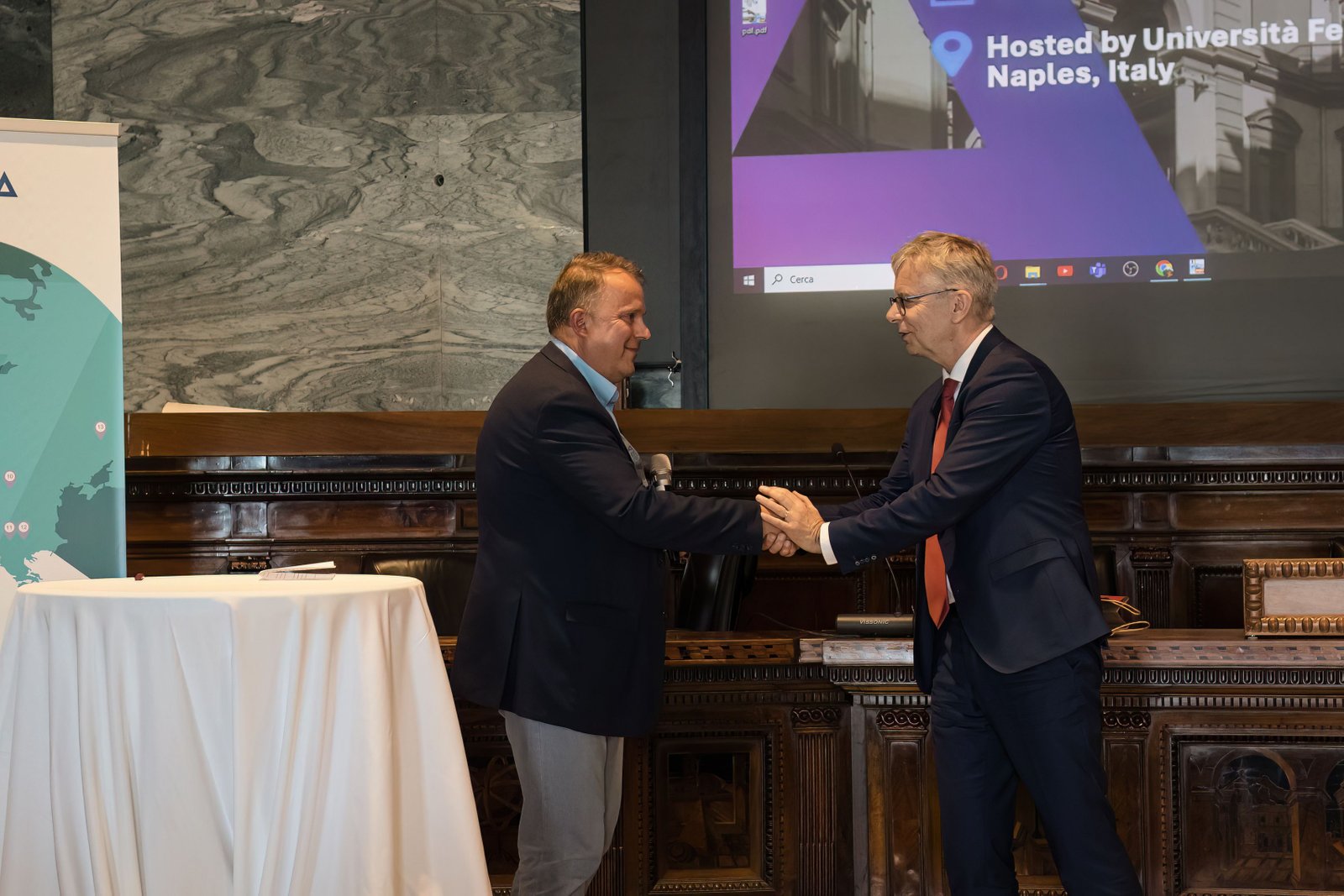




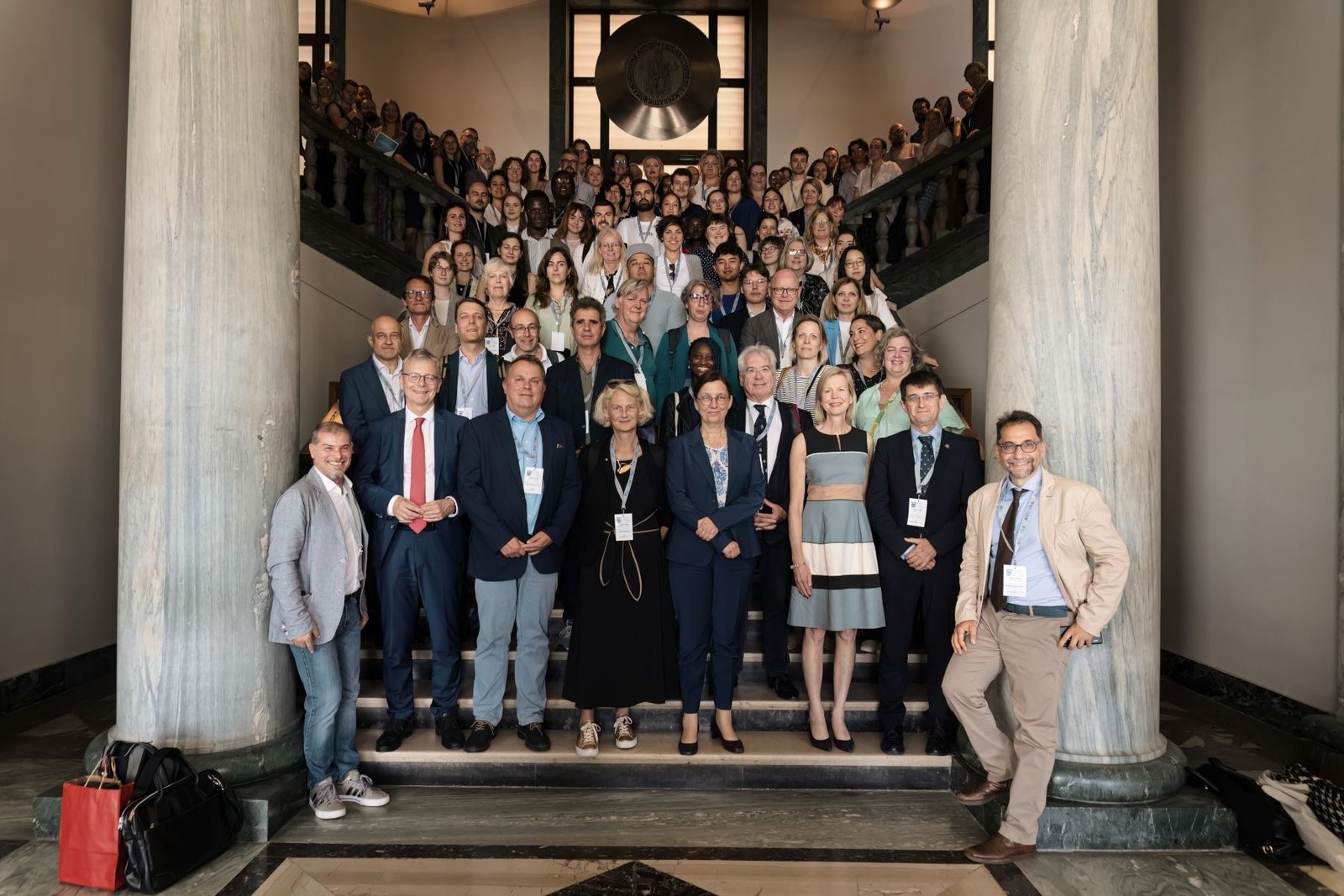
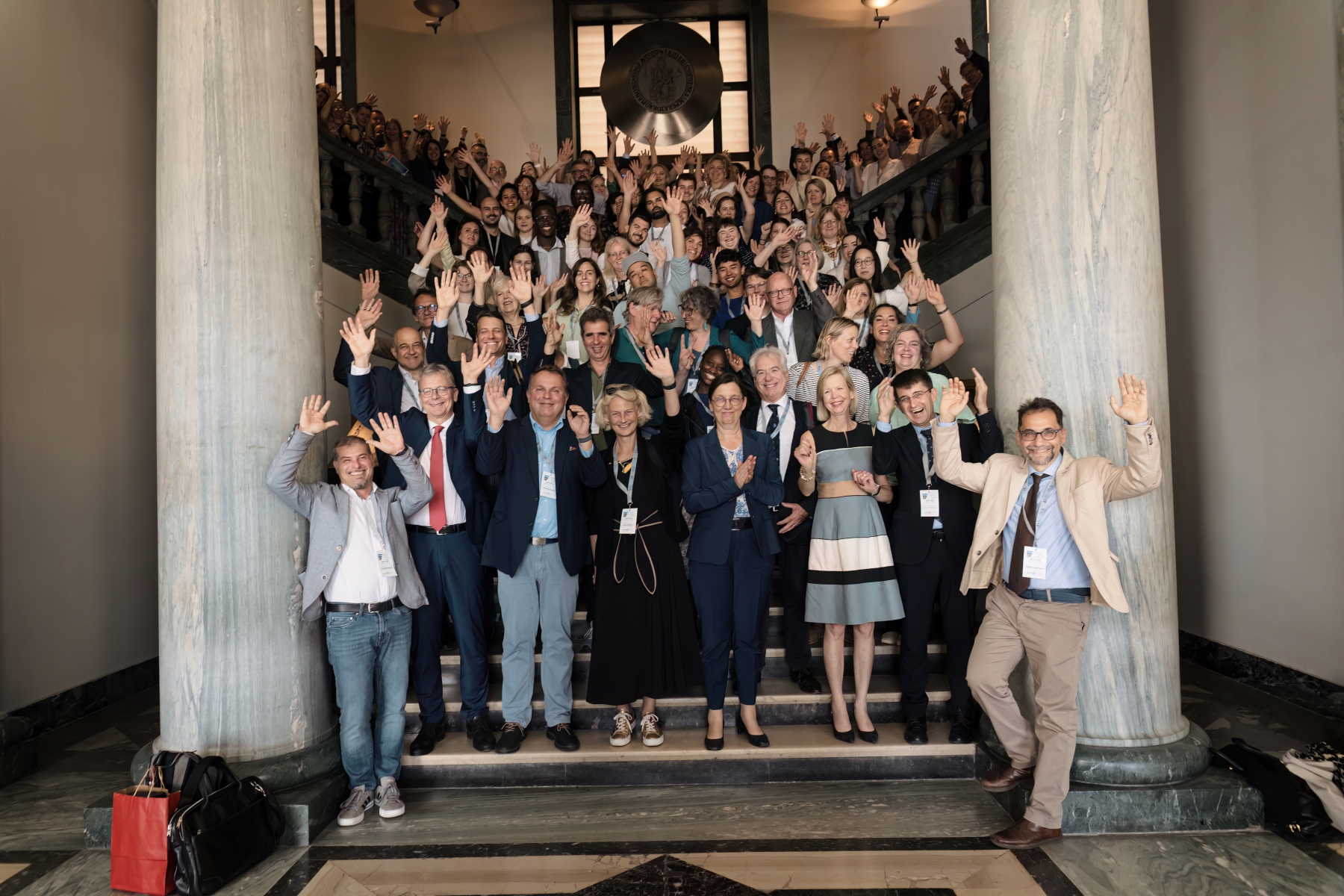
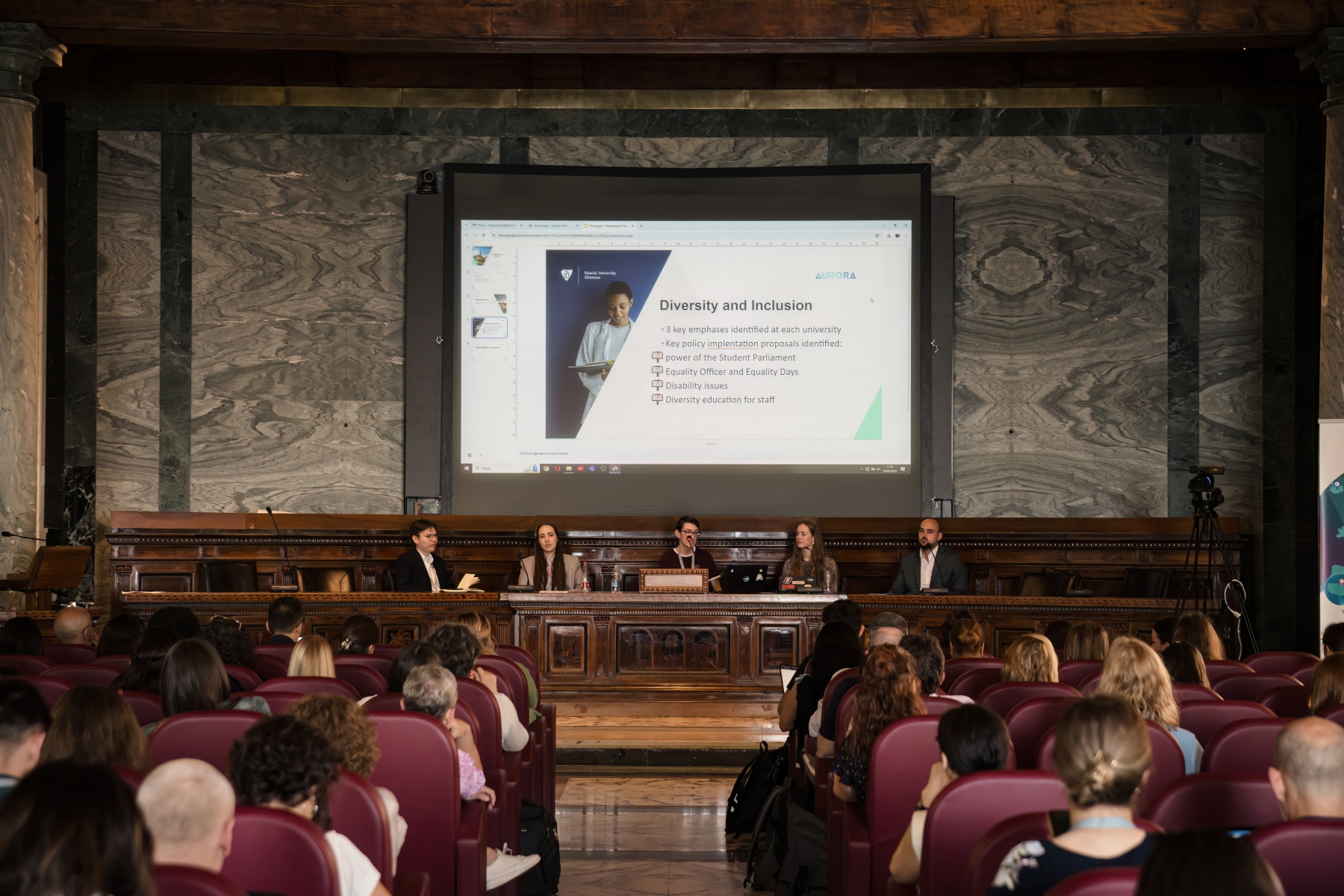
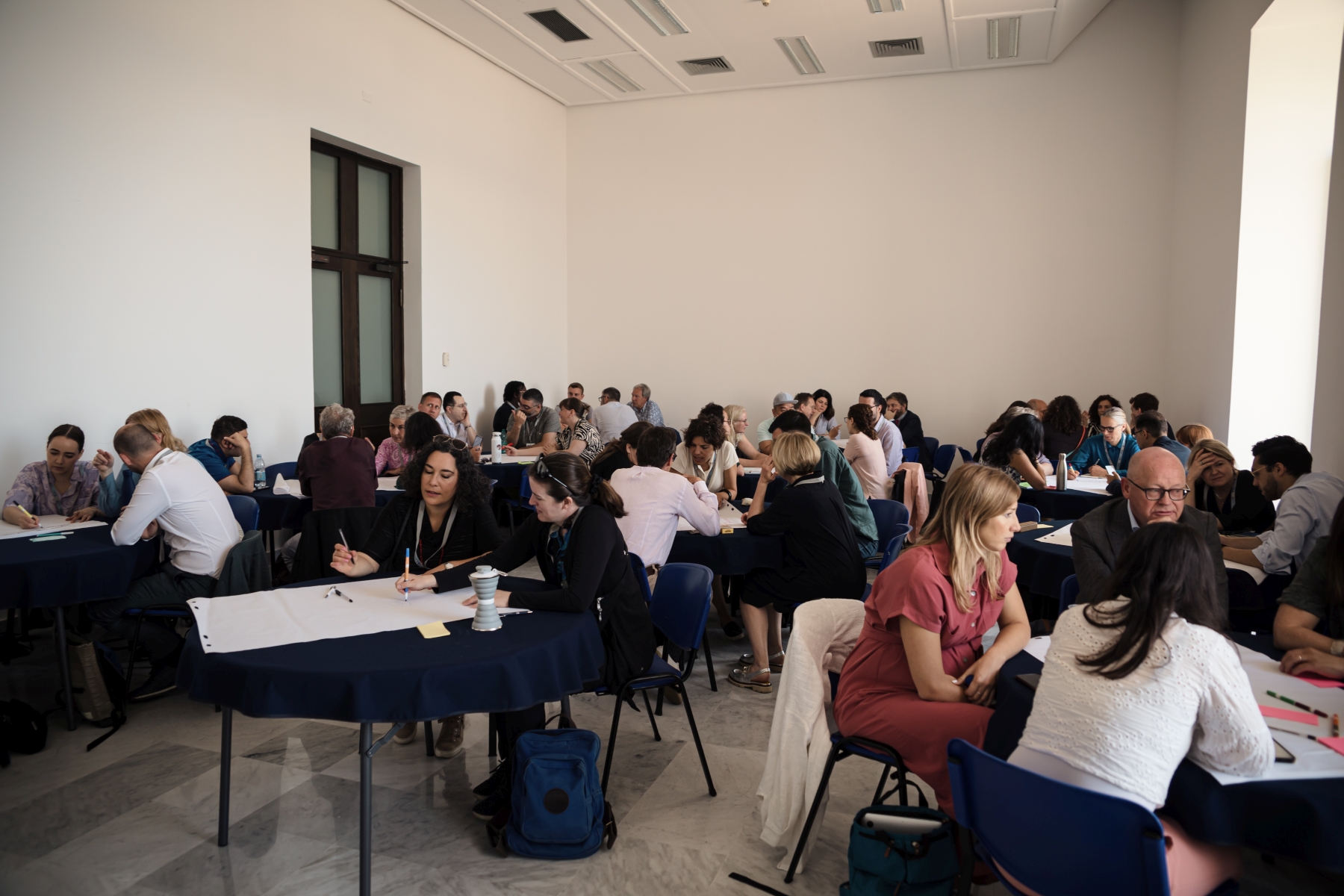
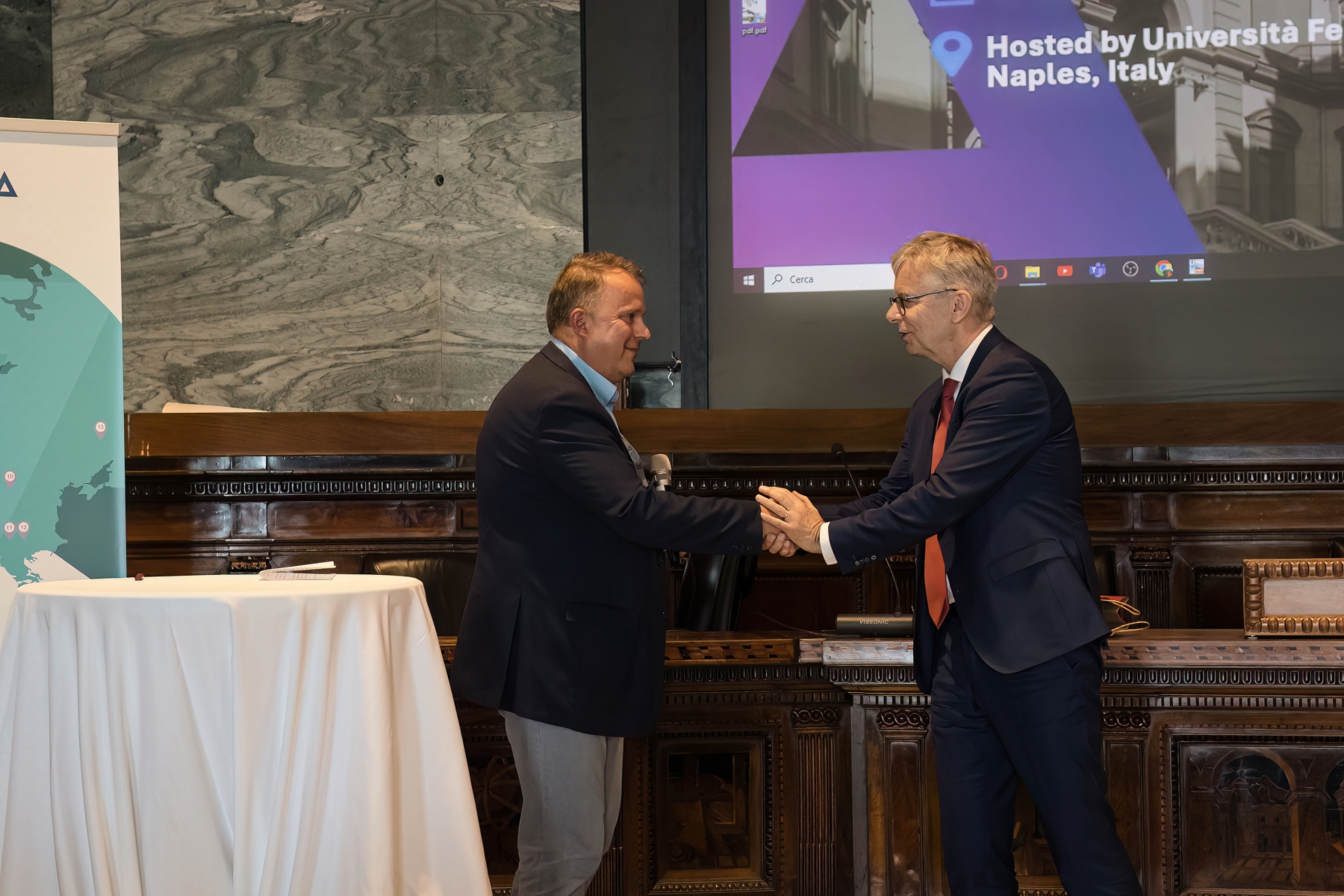
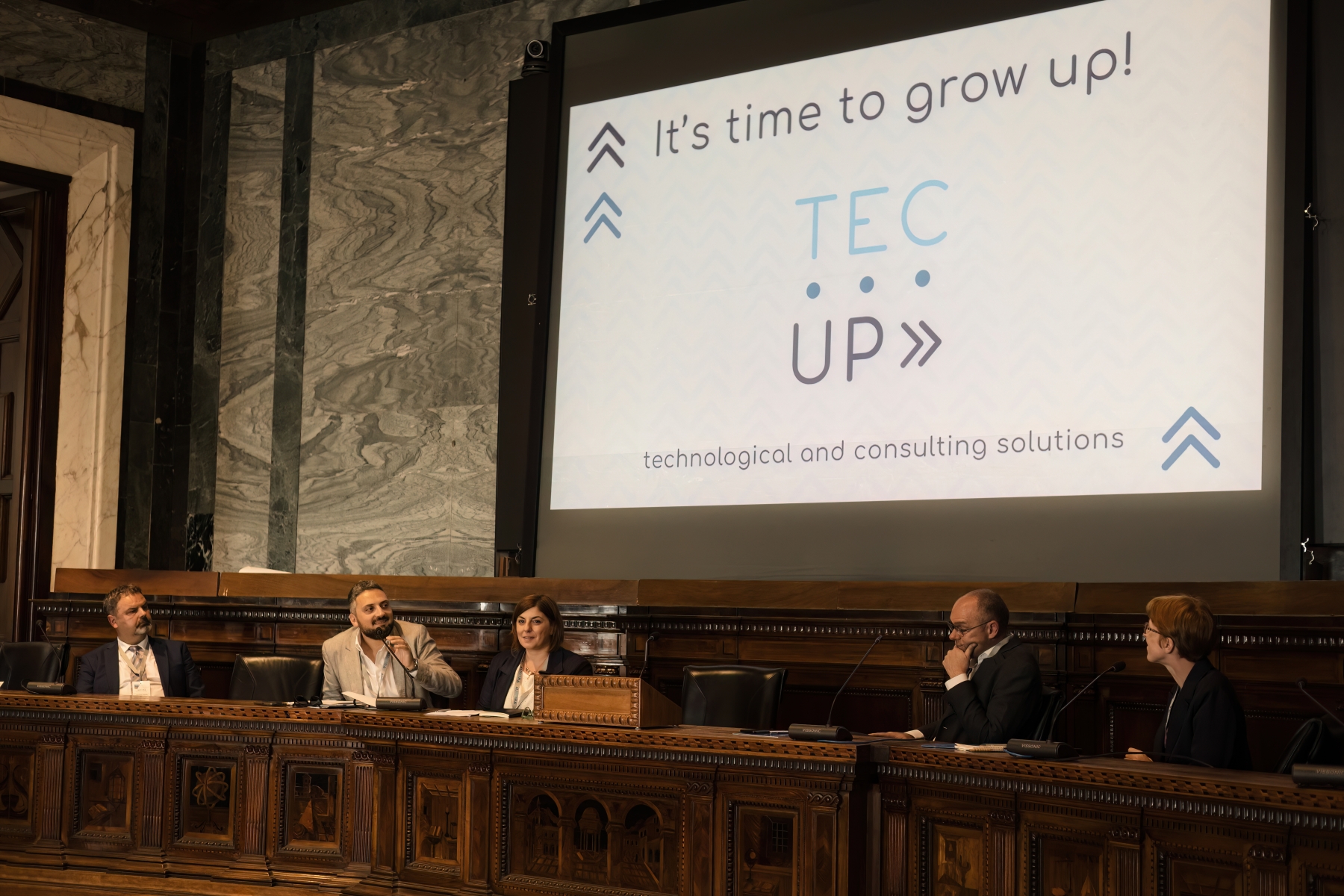
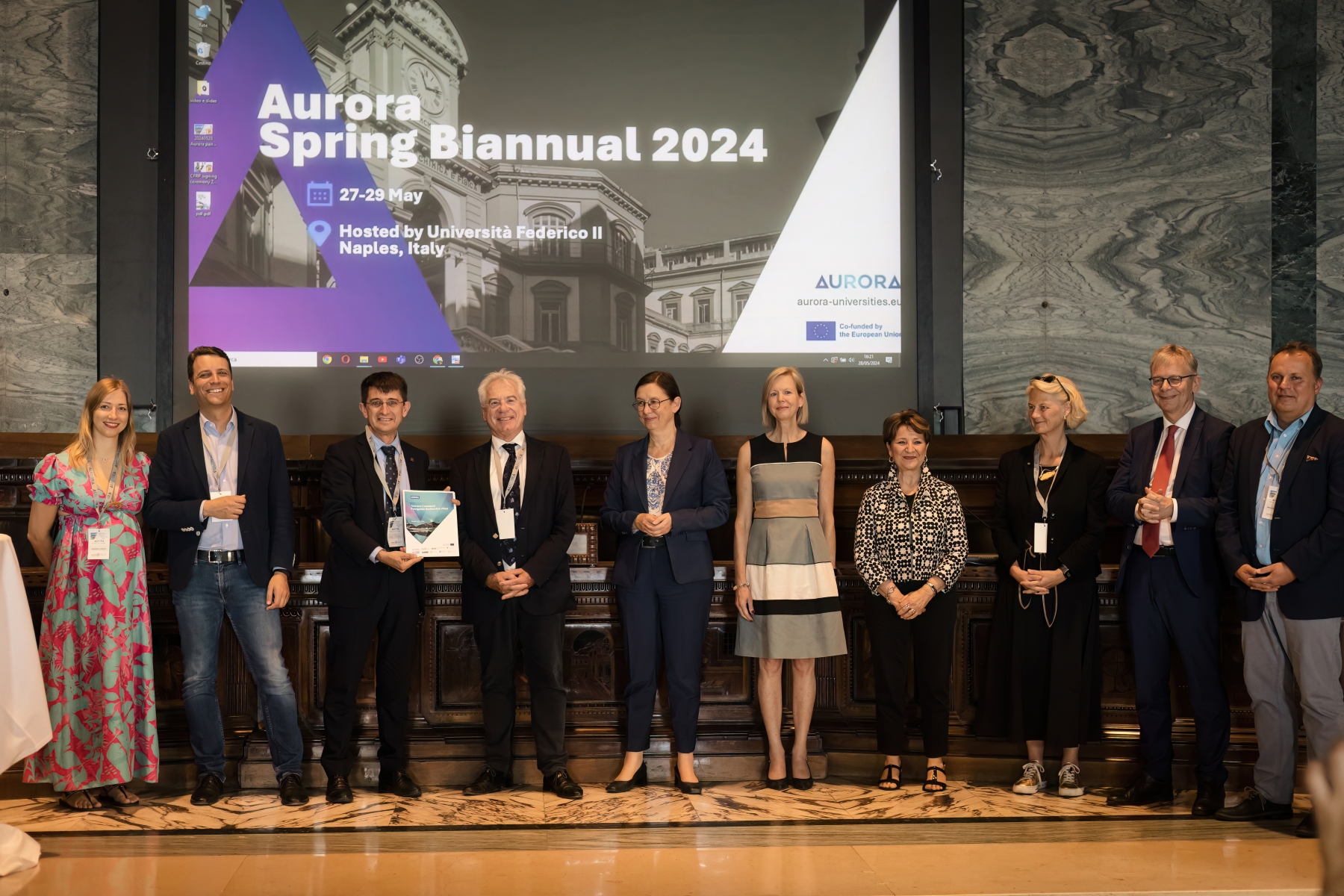
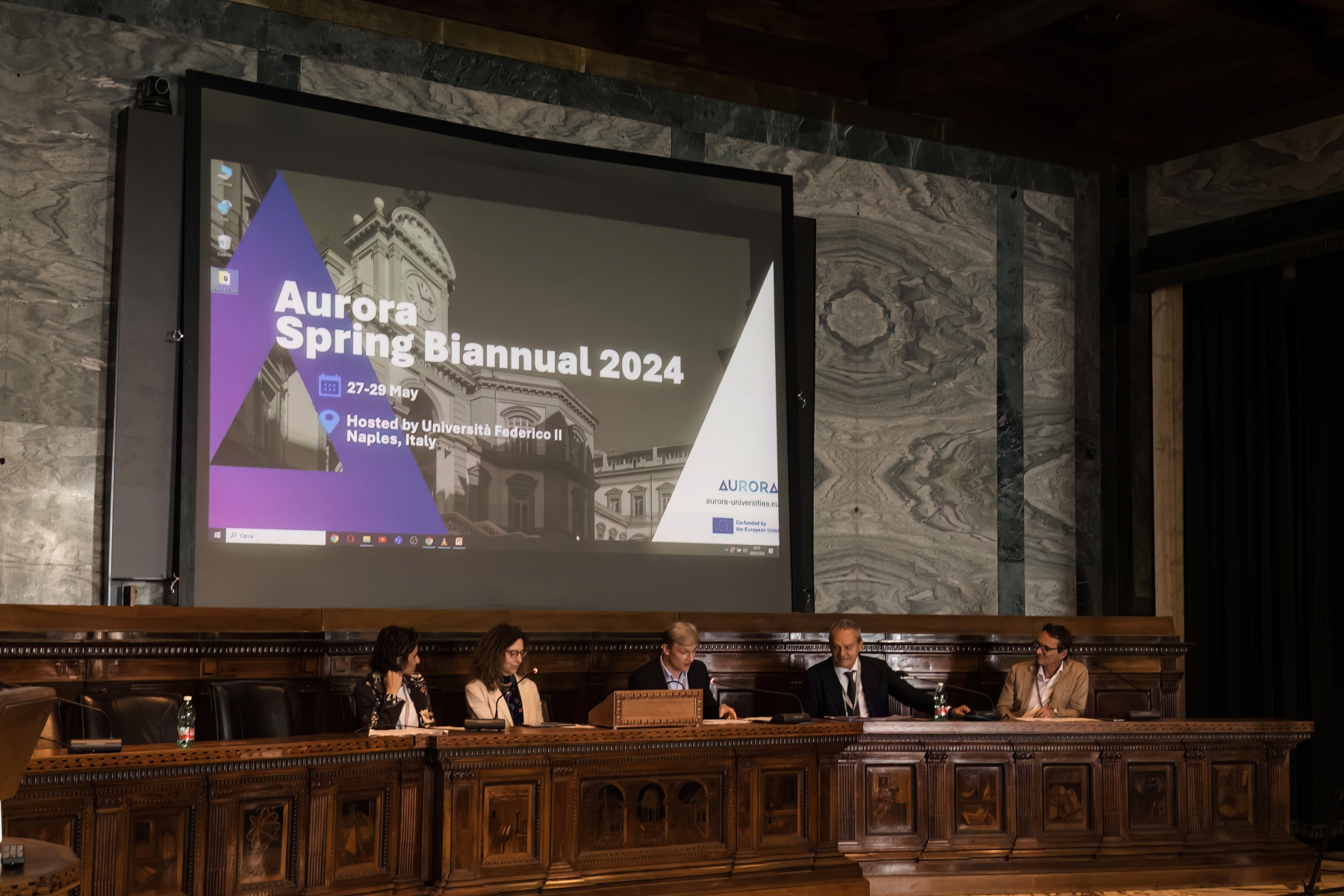
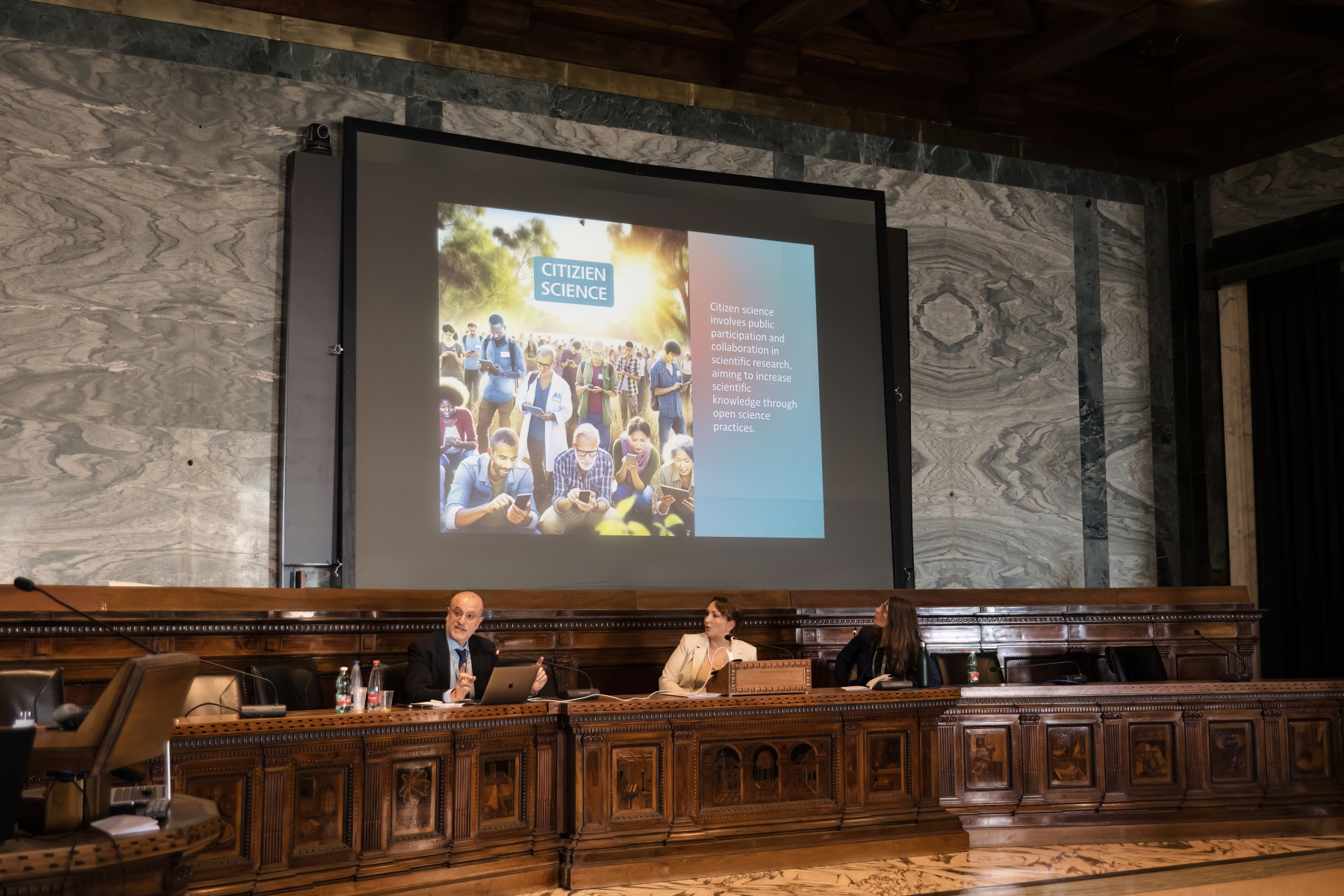
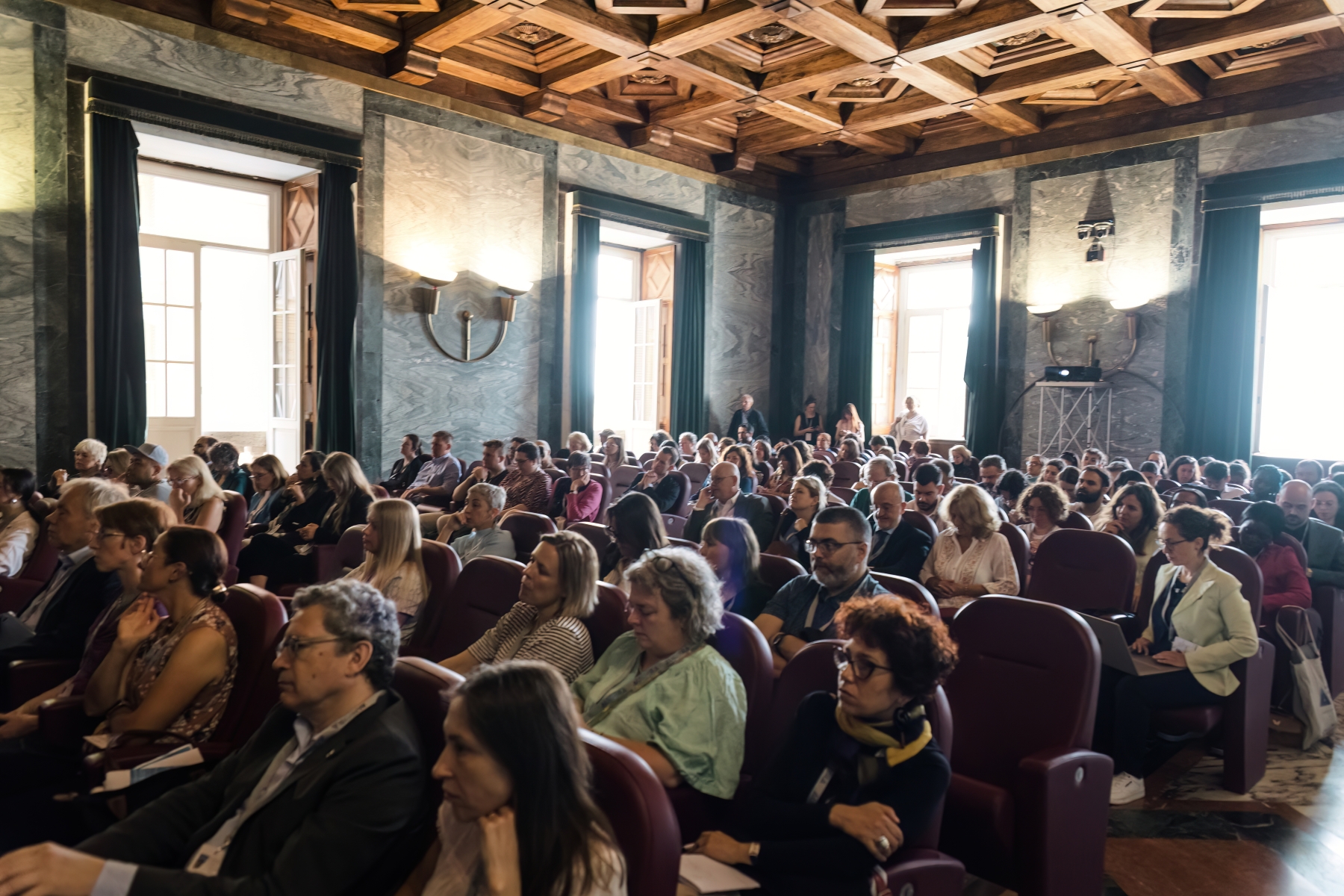
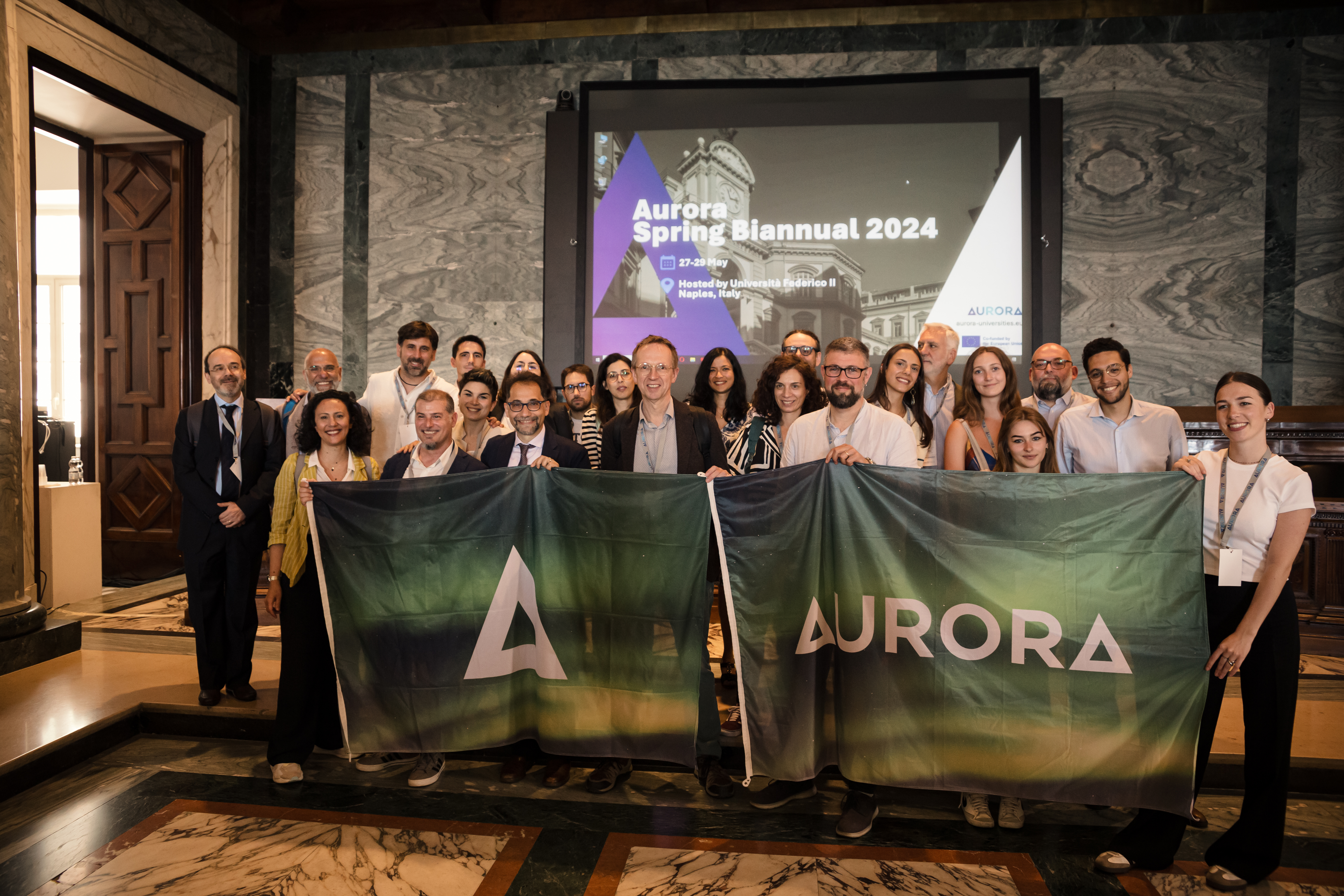
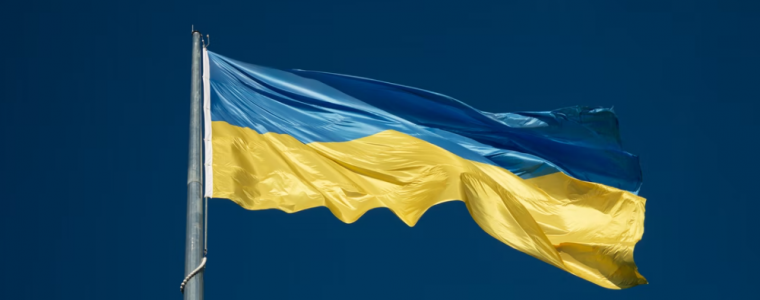
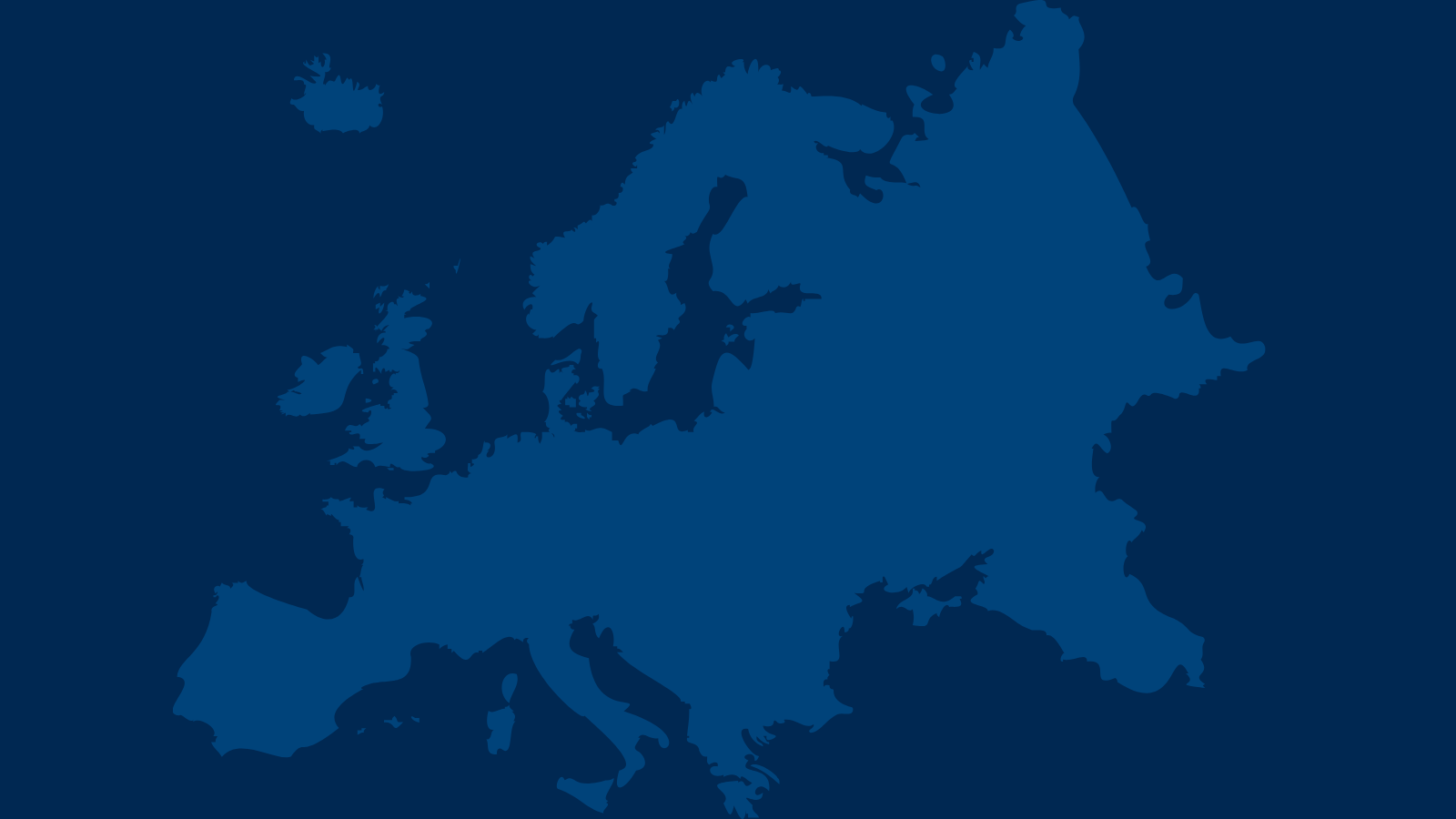
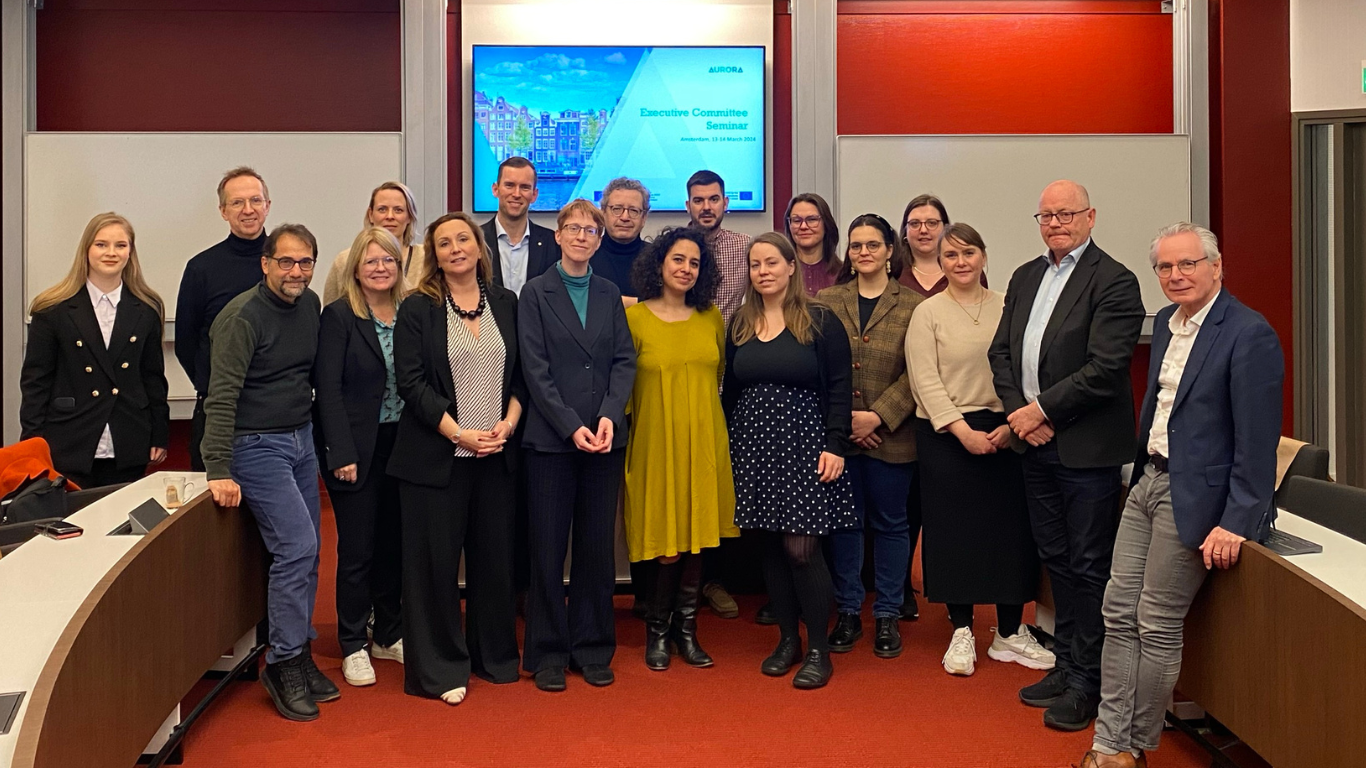
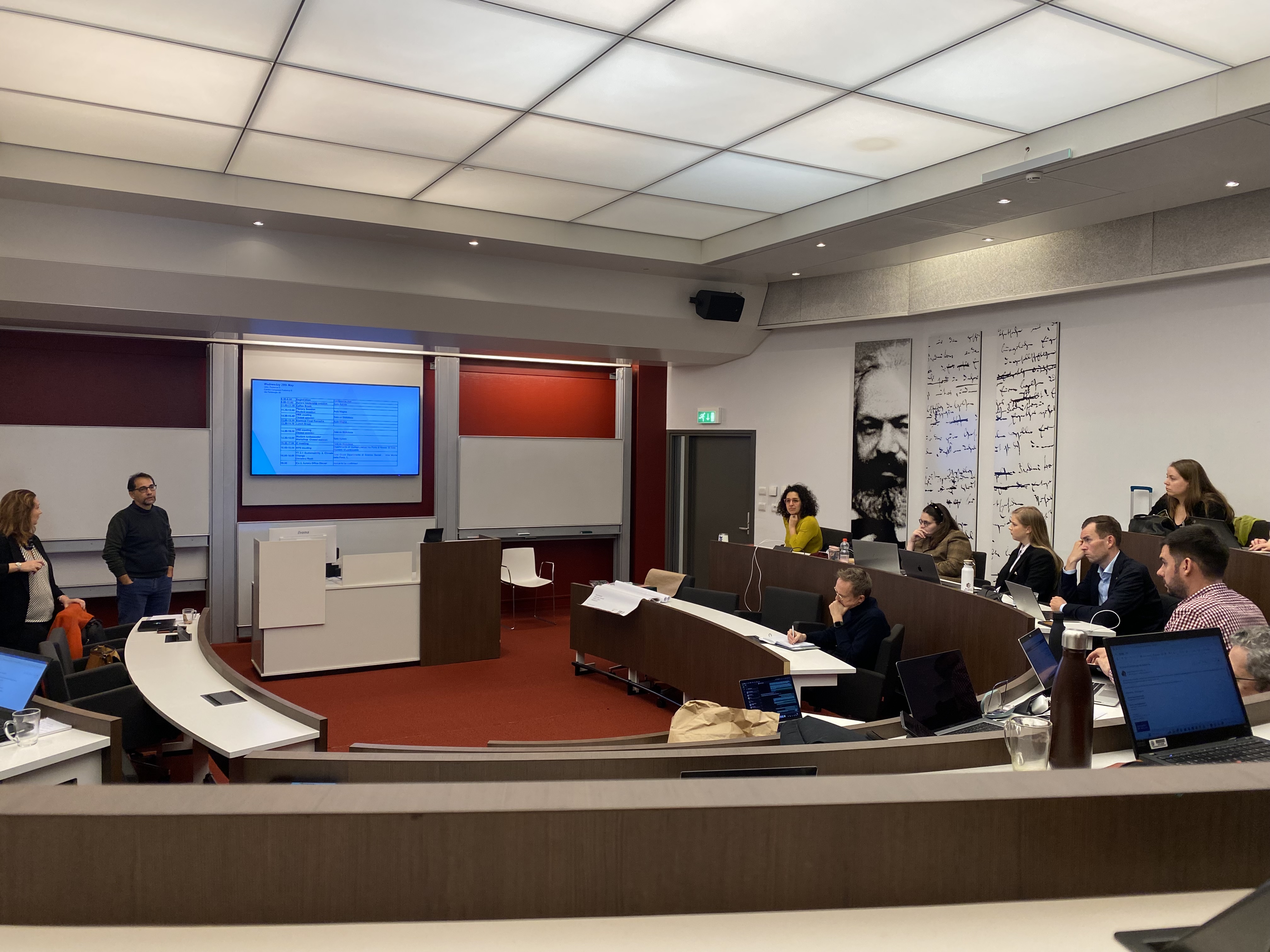
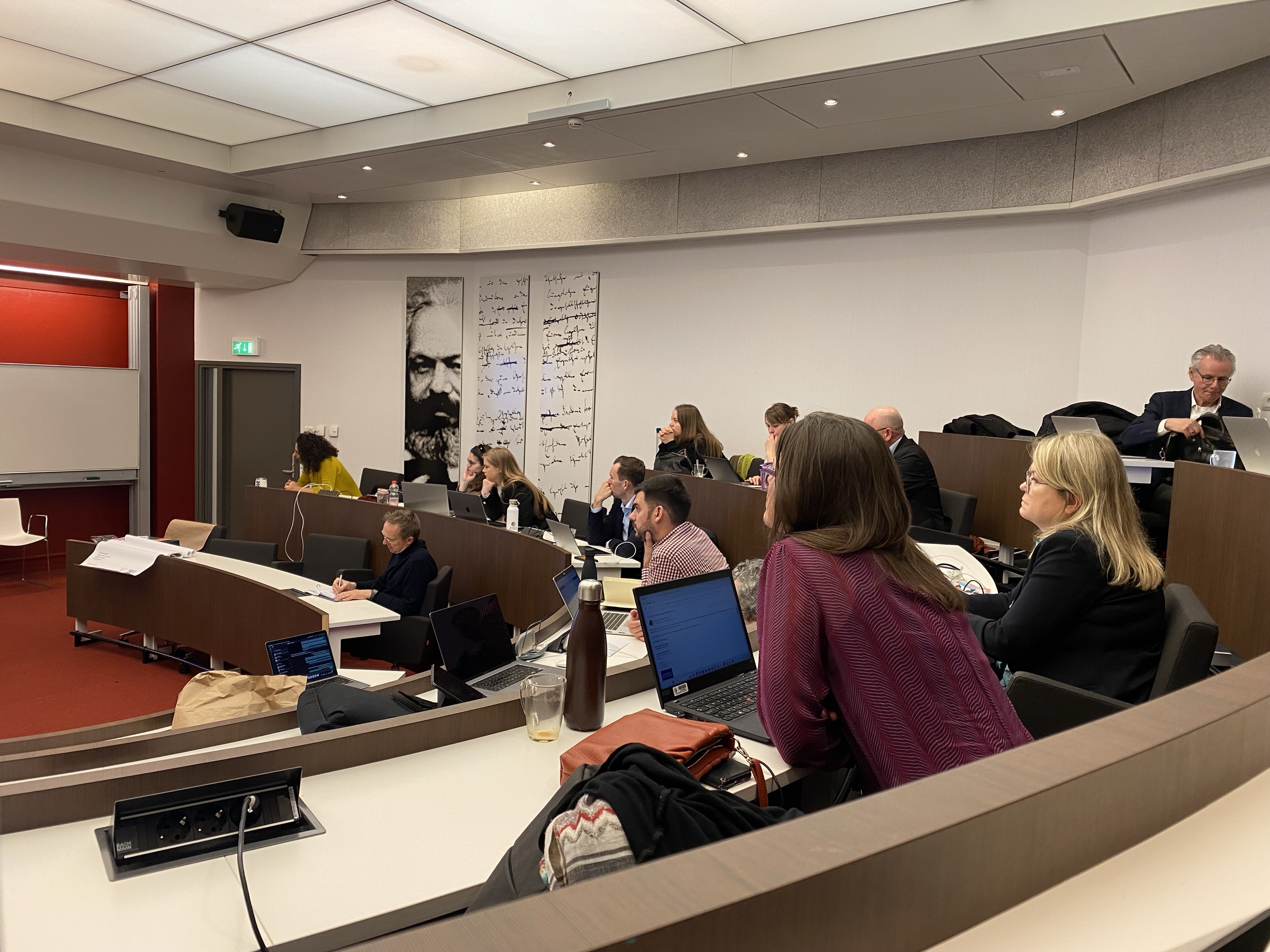
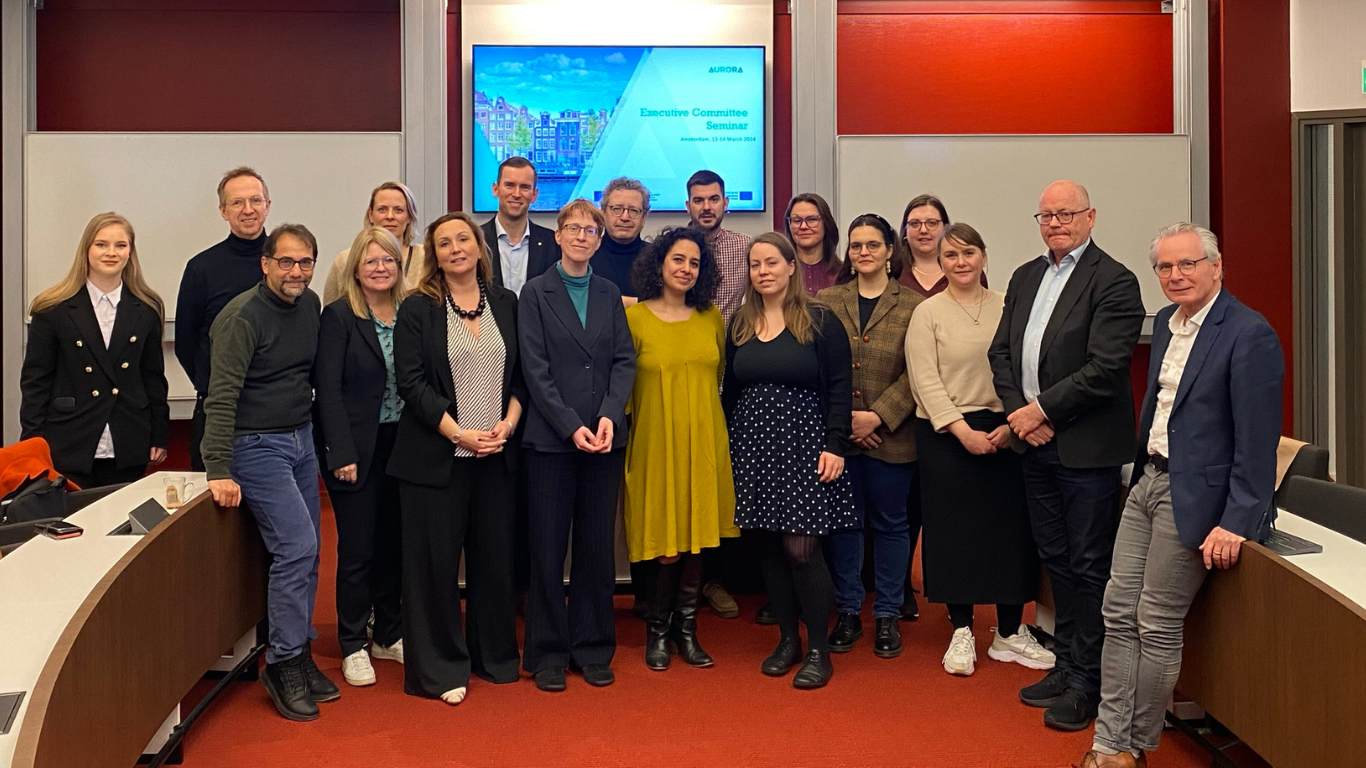
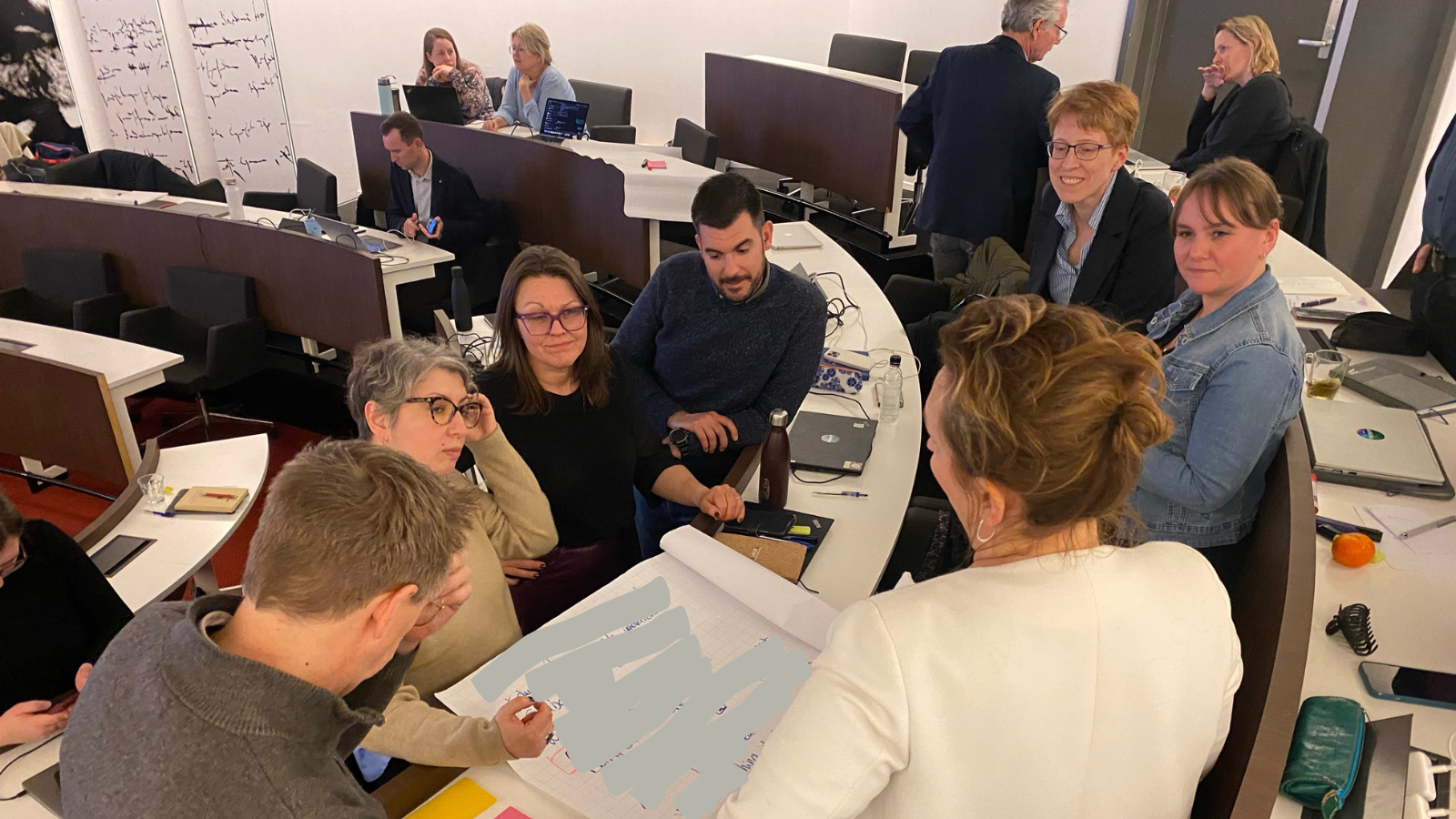
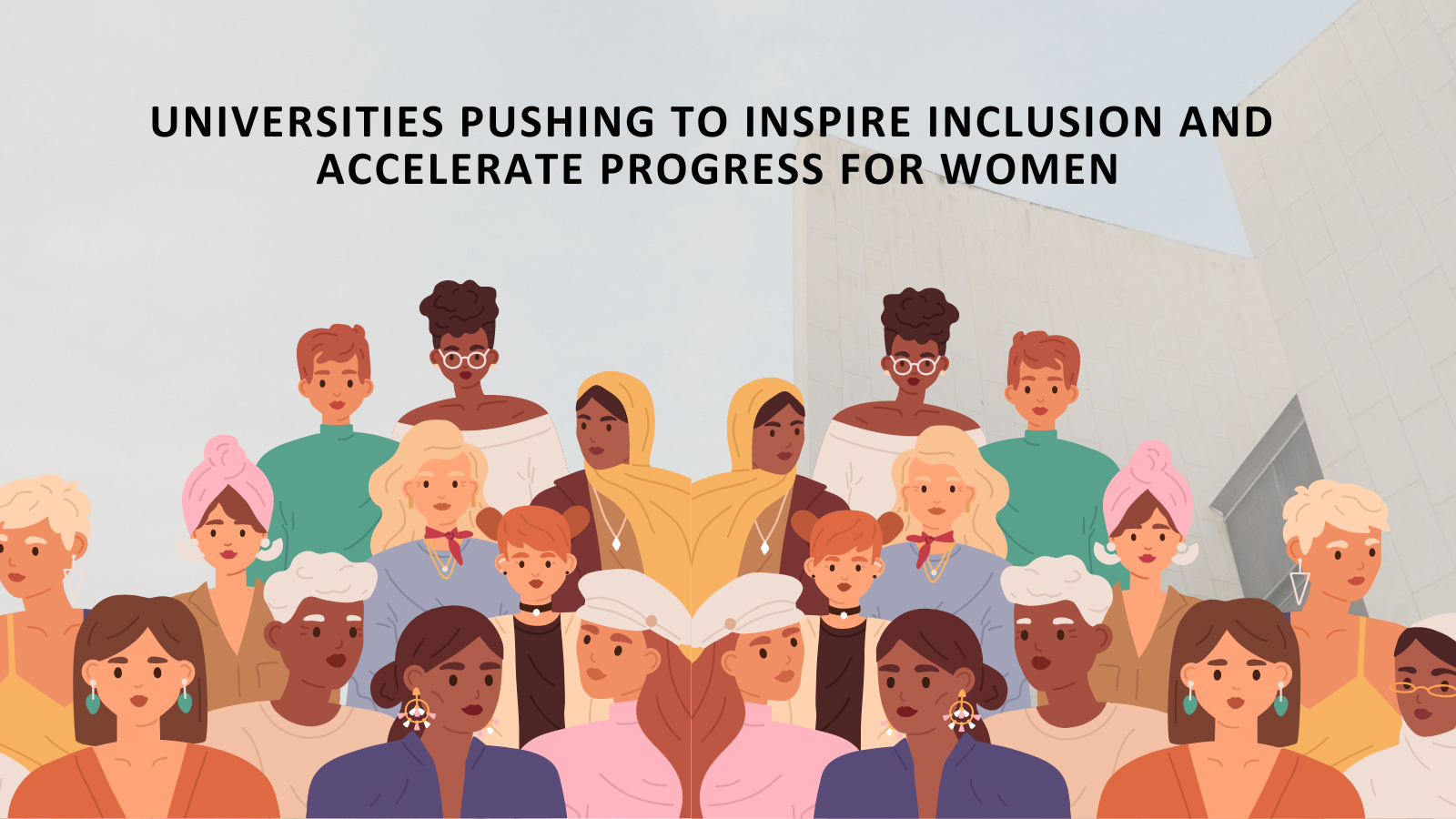
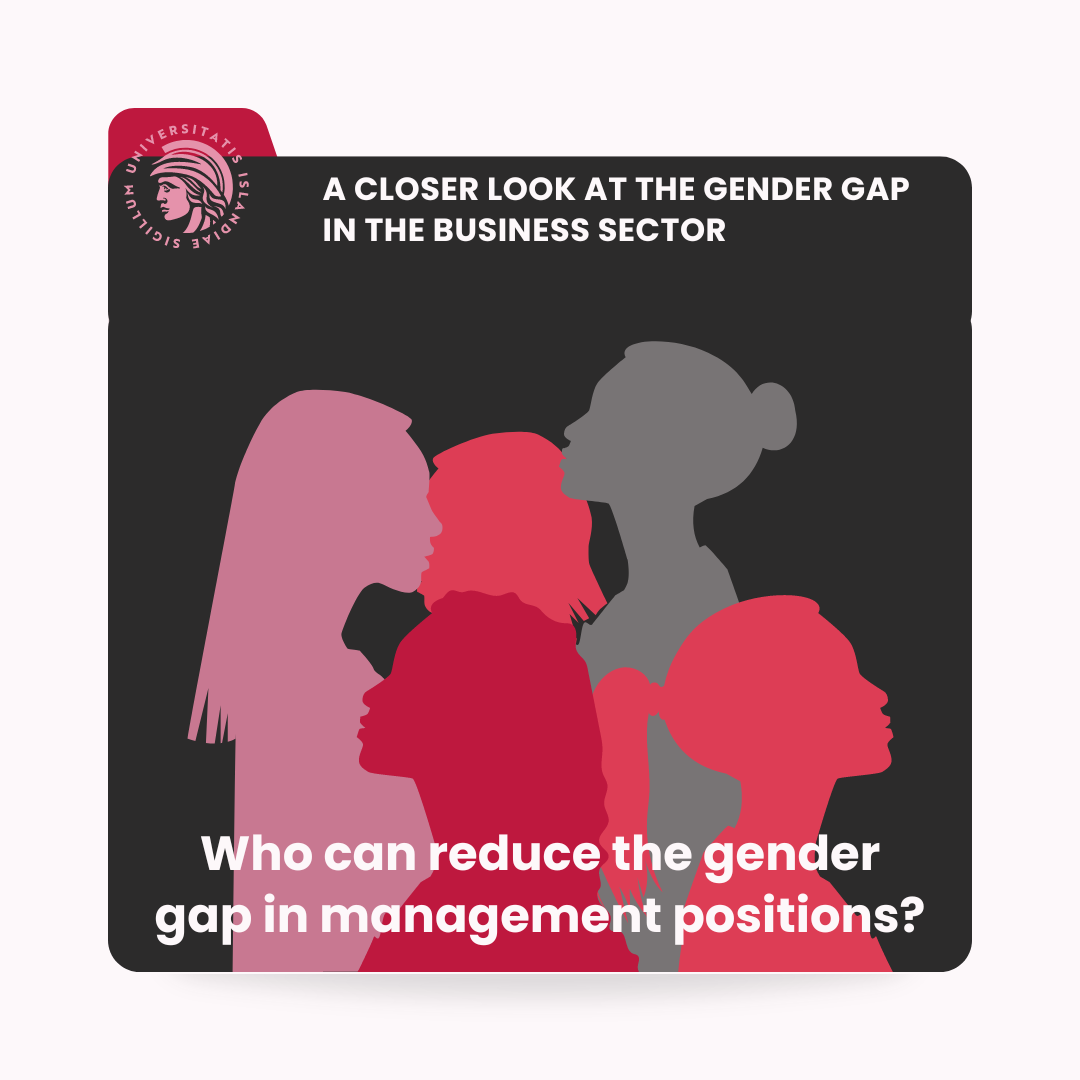 As part of a larger conference called
As part of a larger conference called 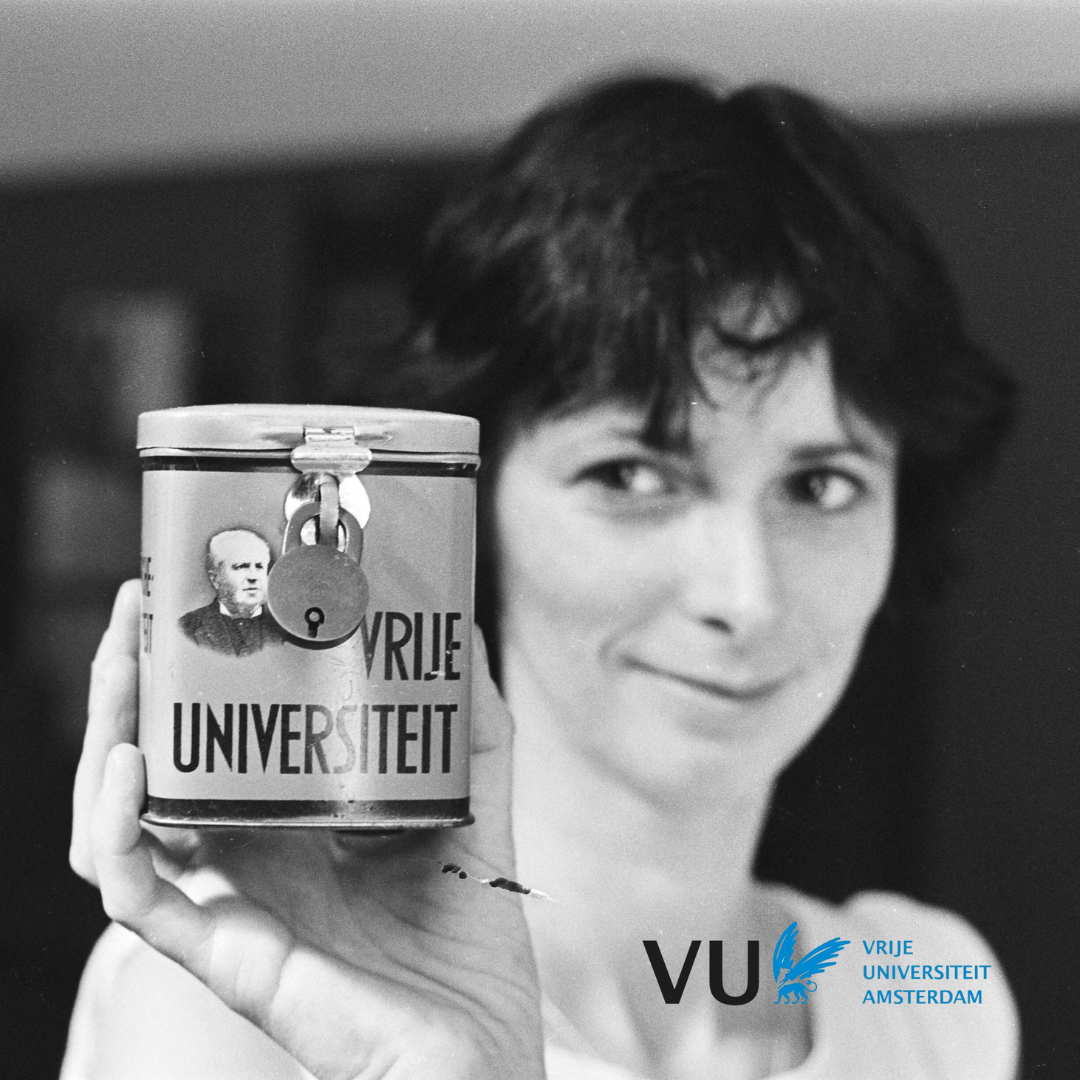
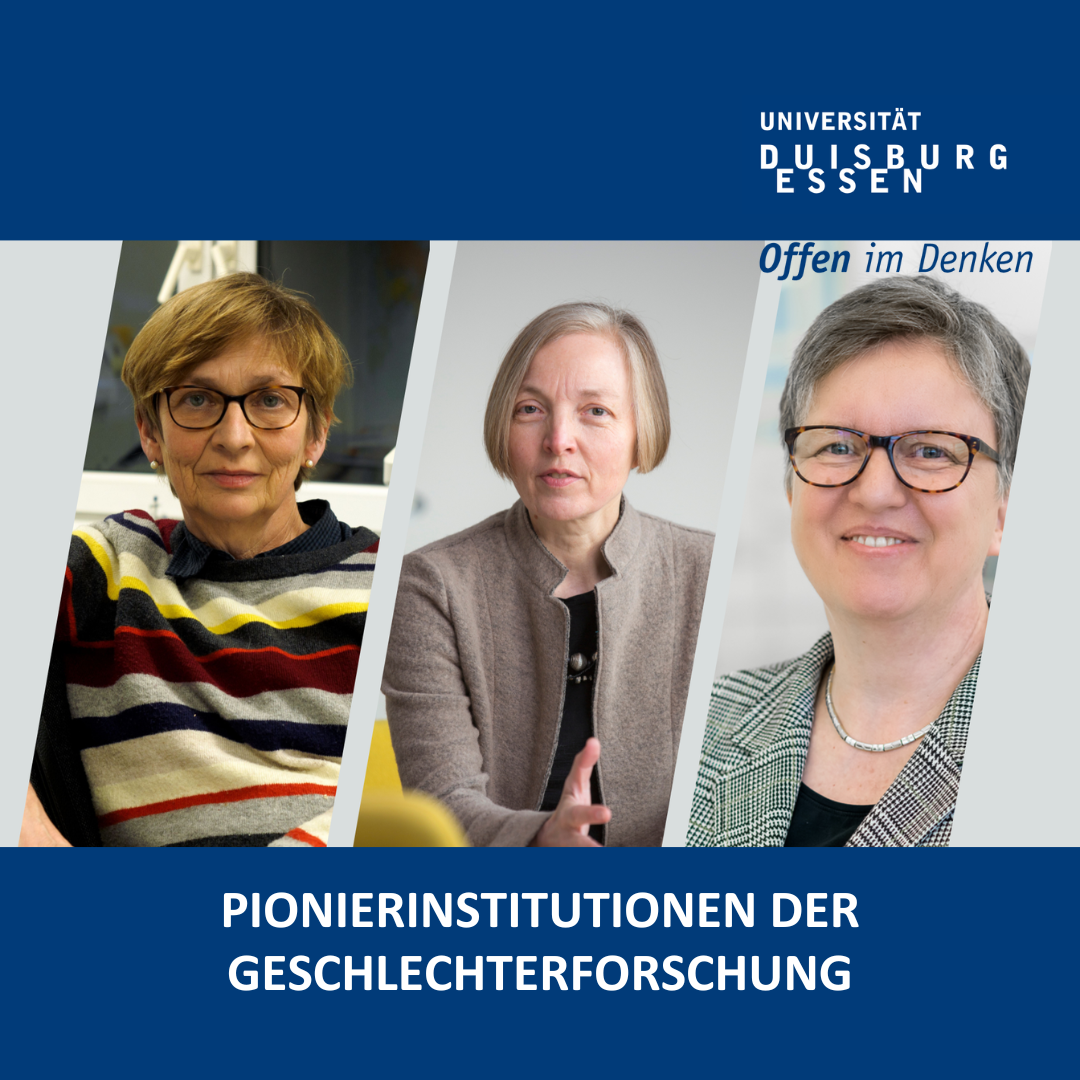
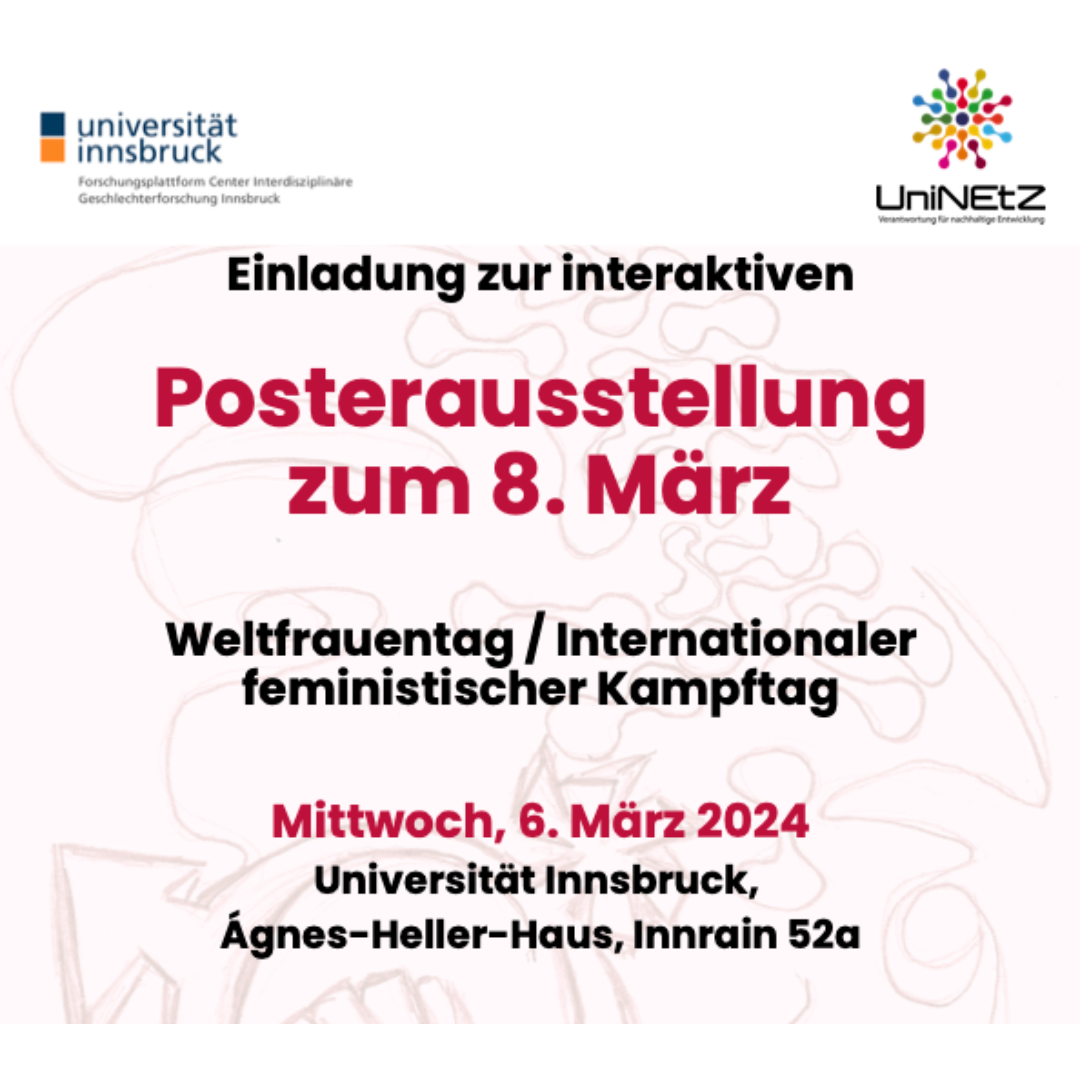

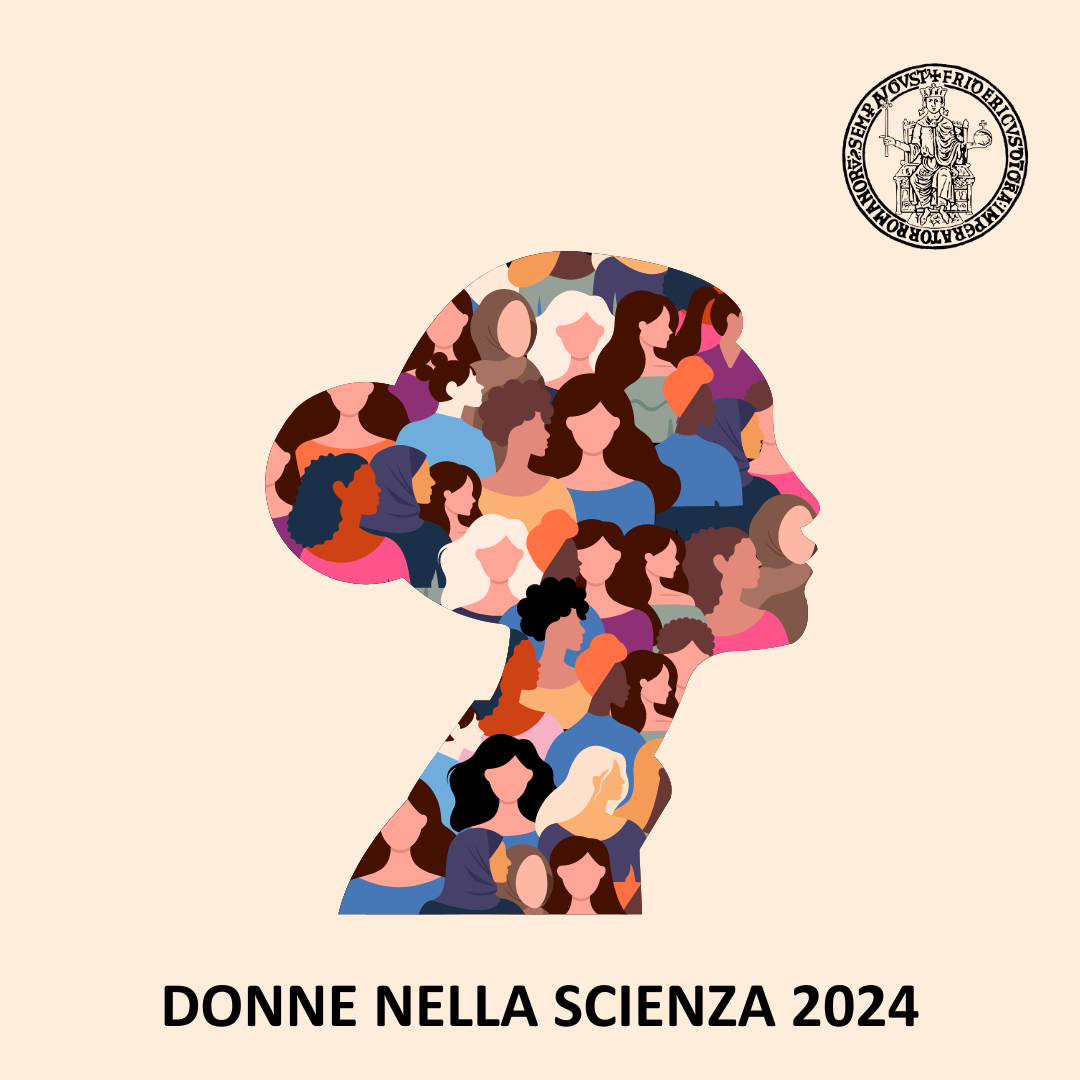
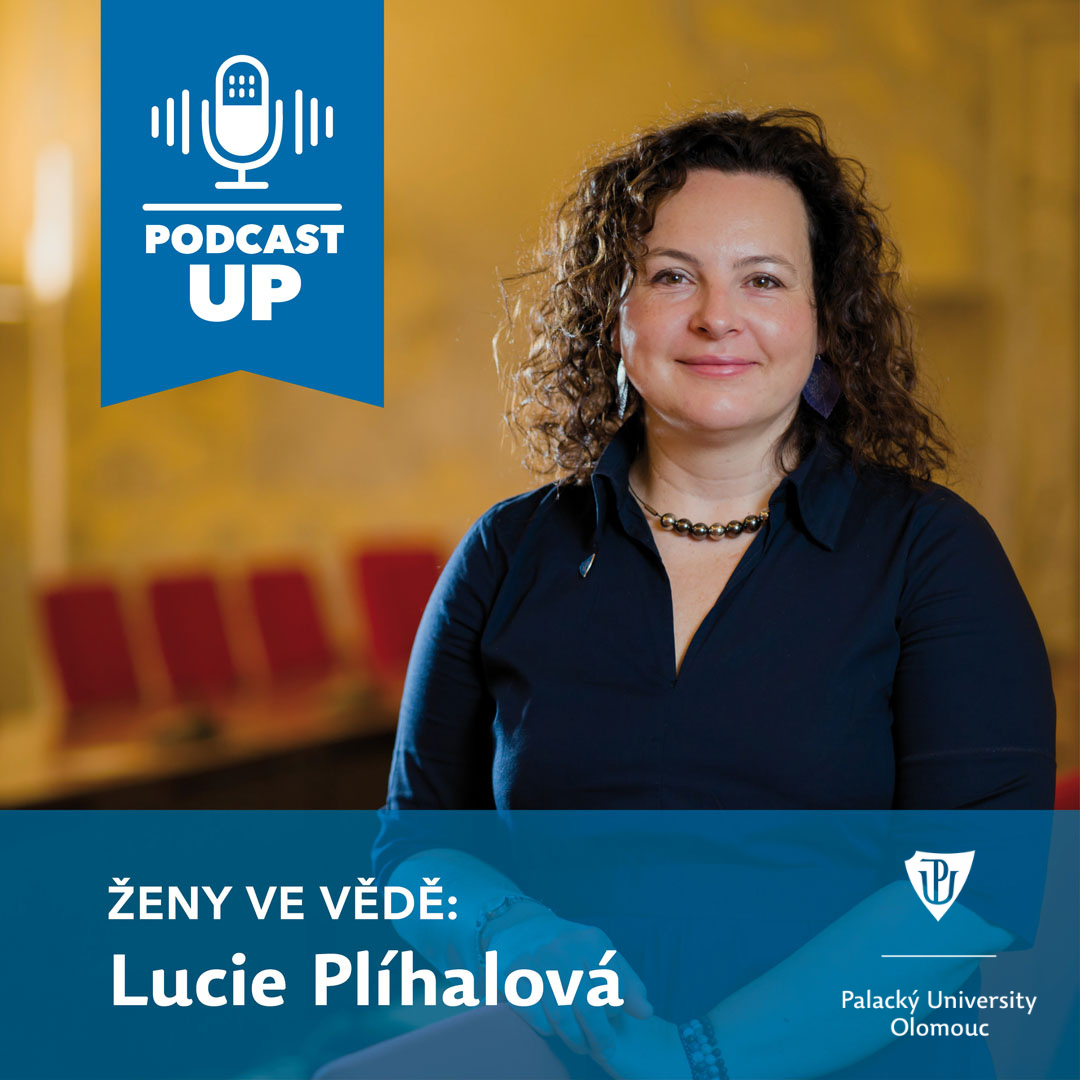
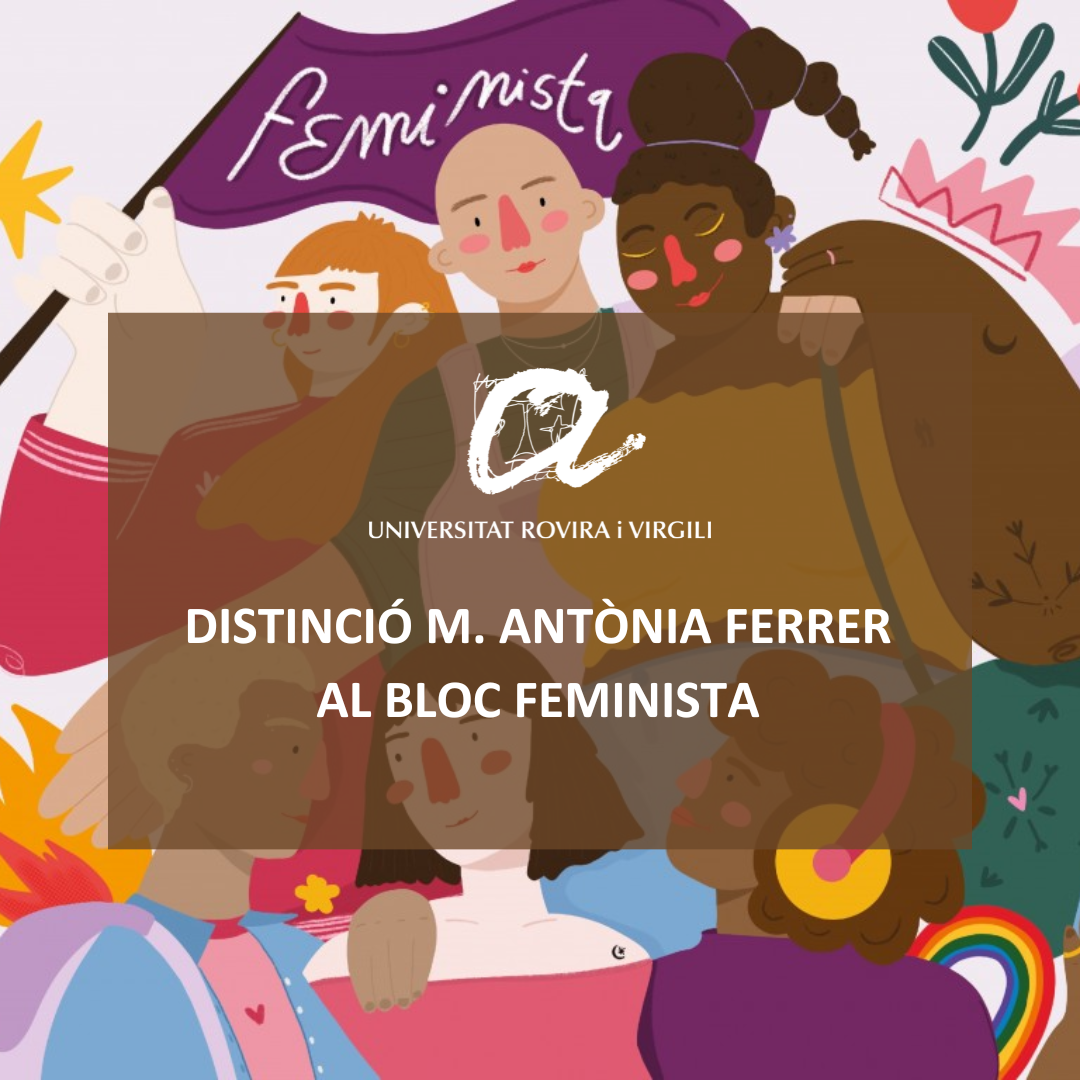
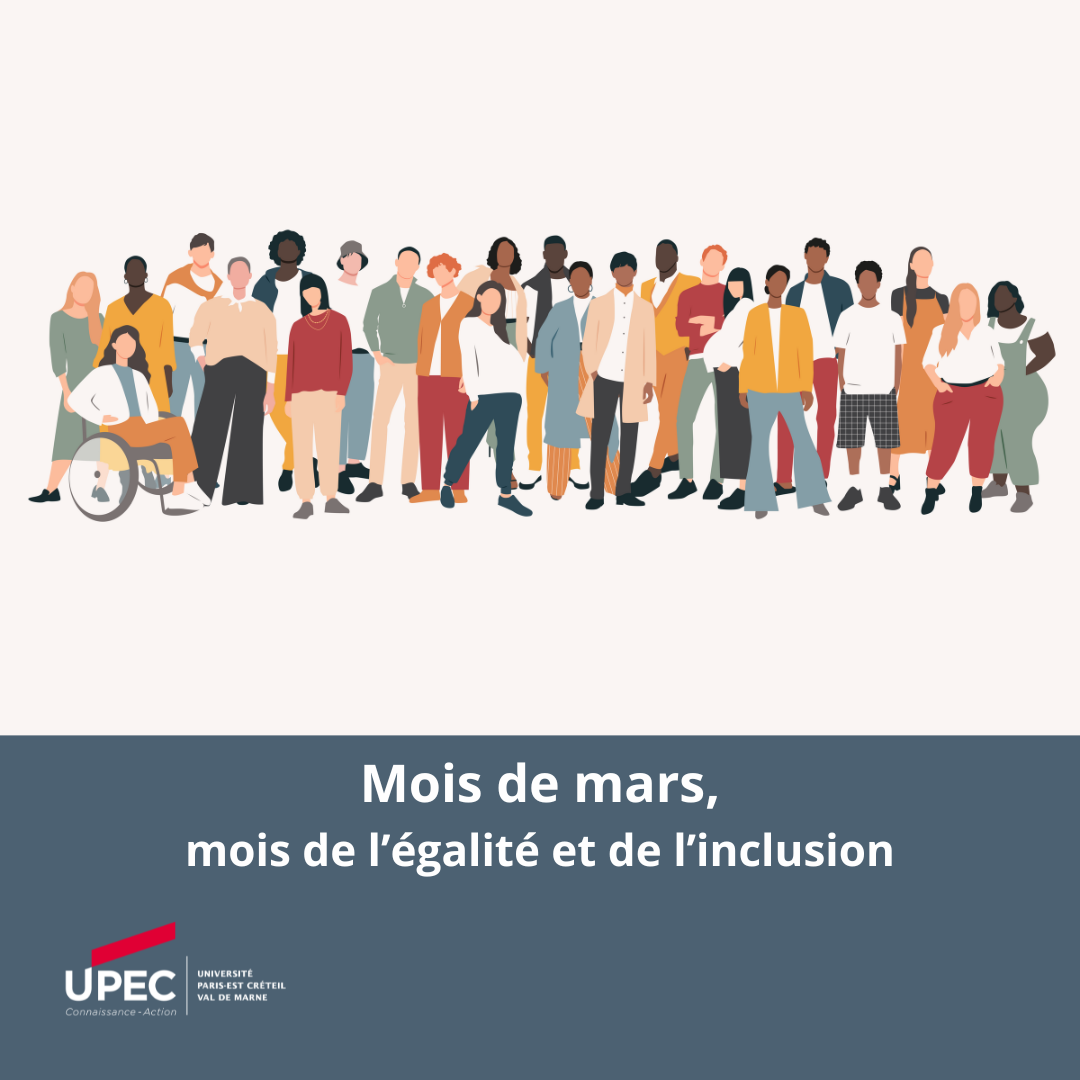 This year at
This year at